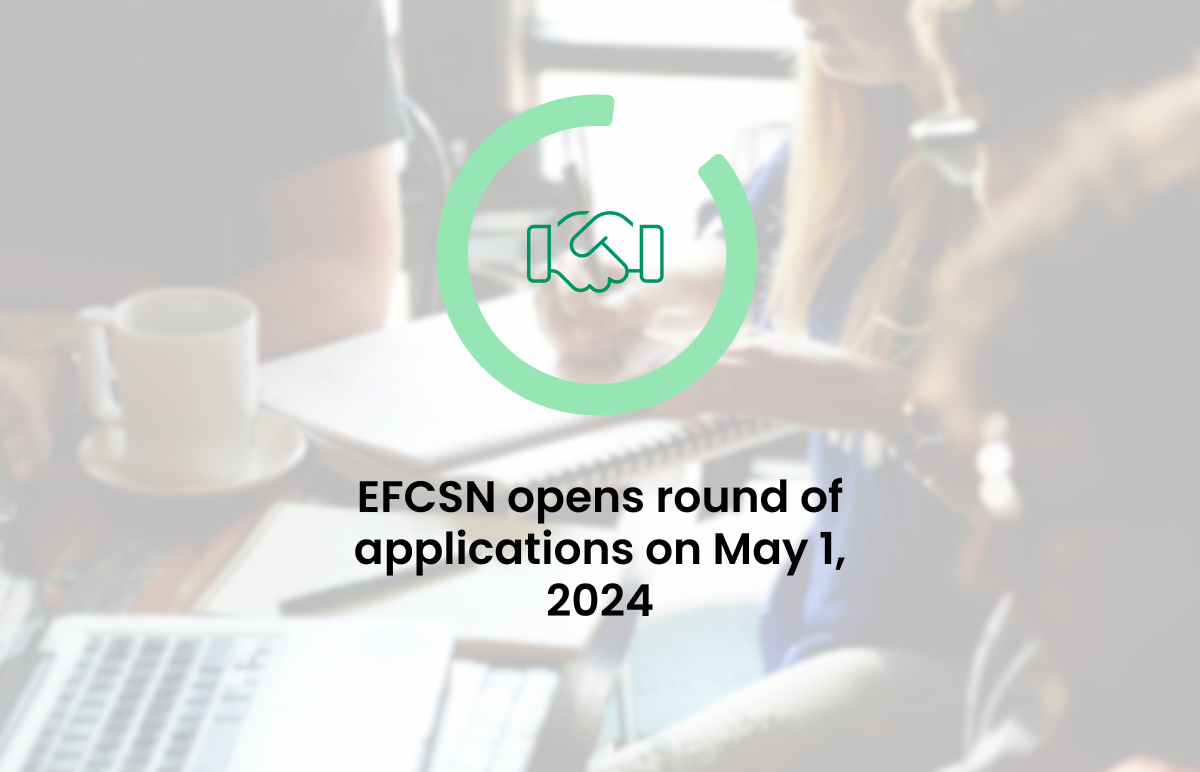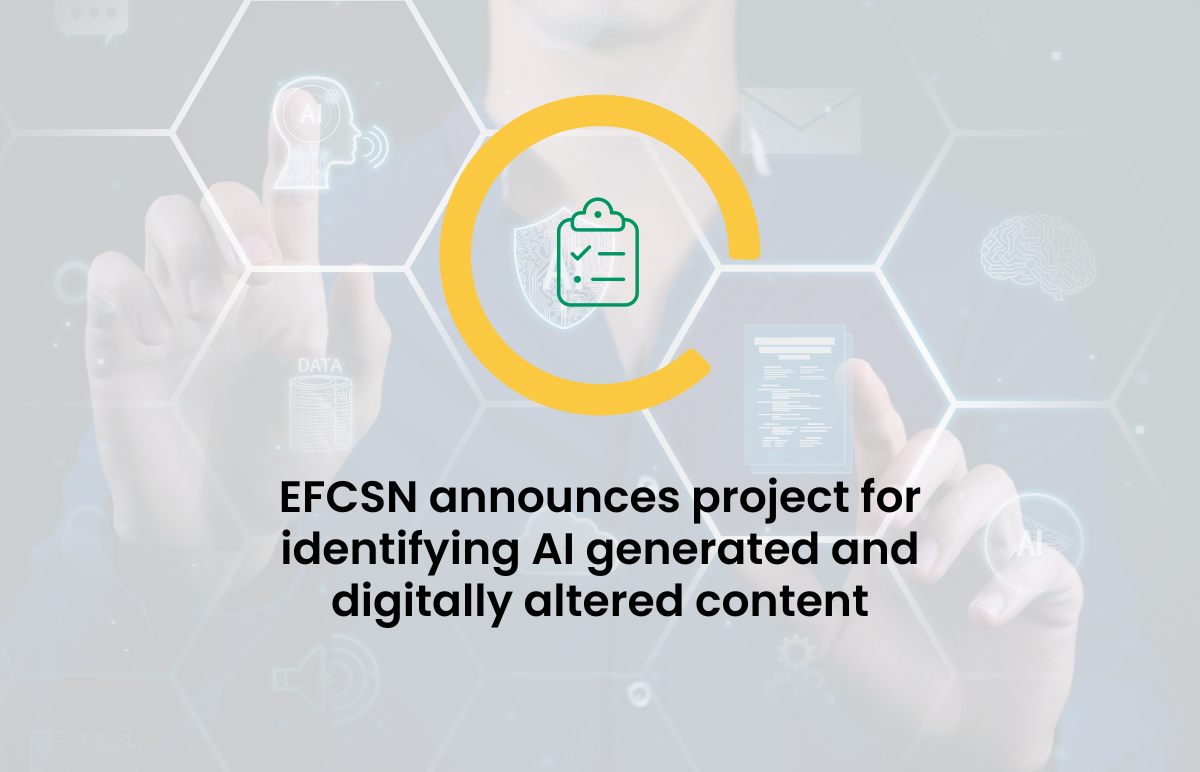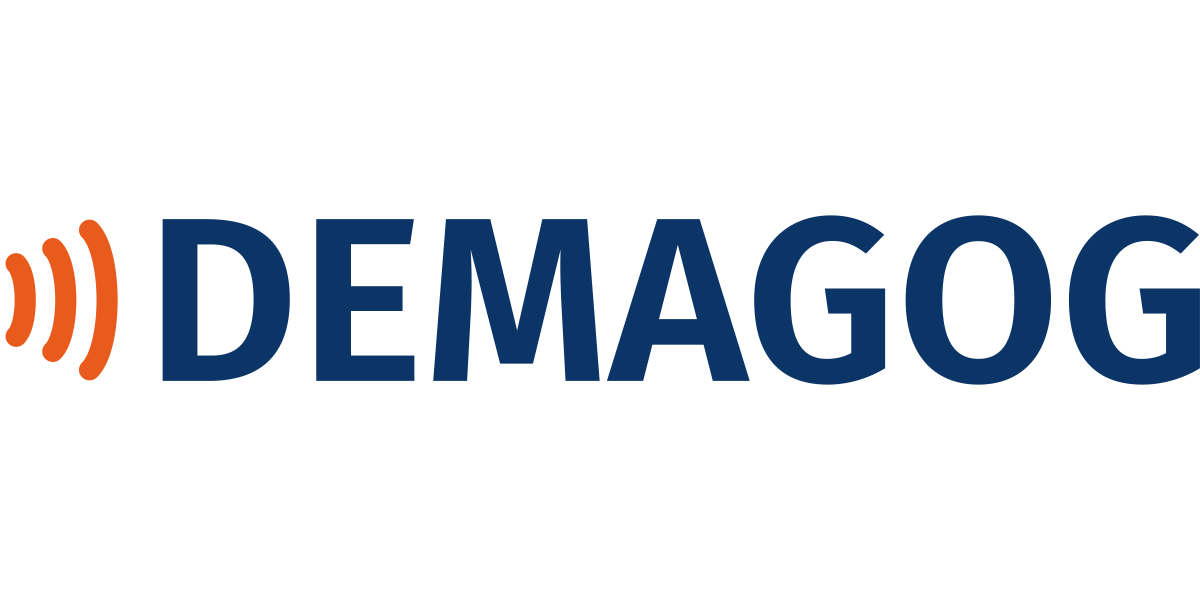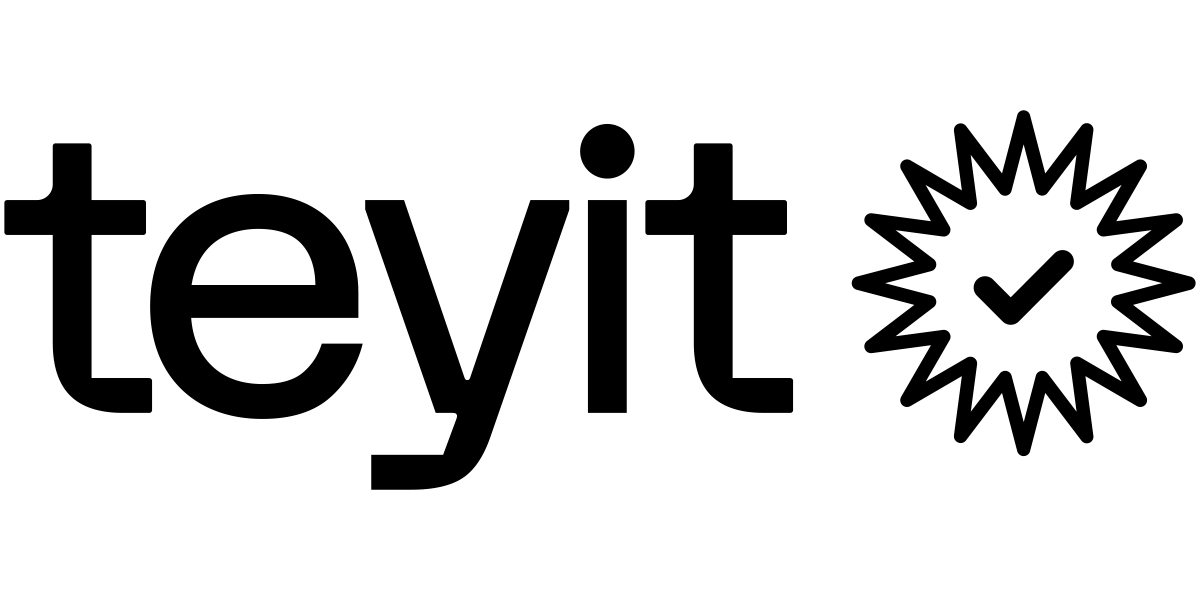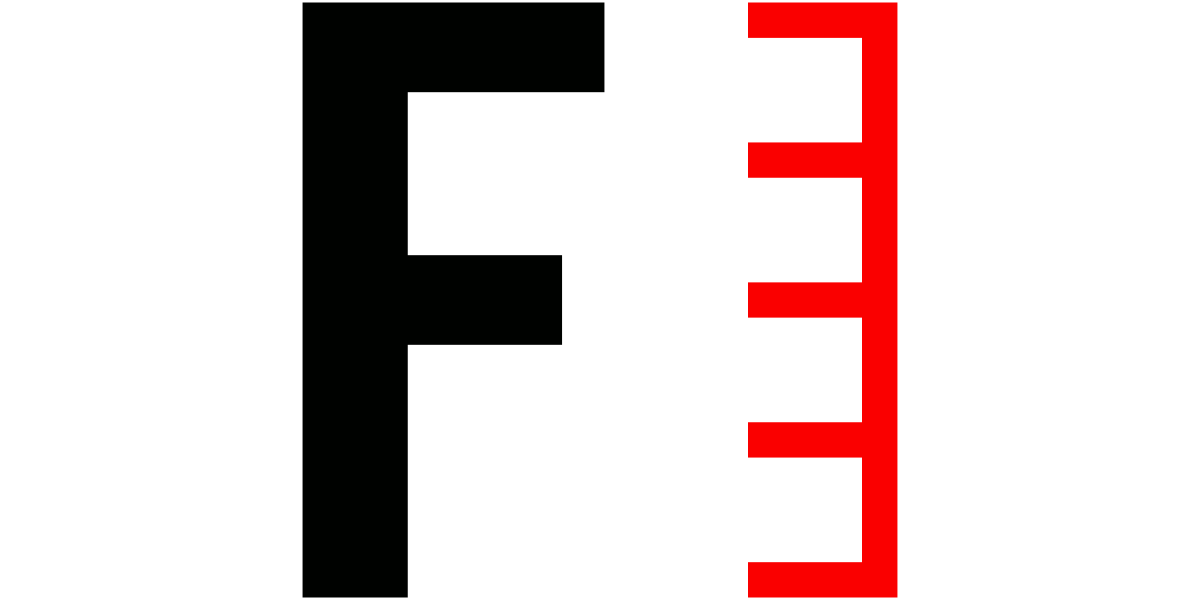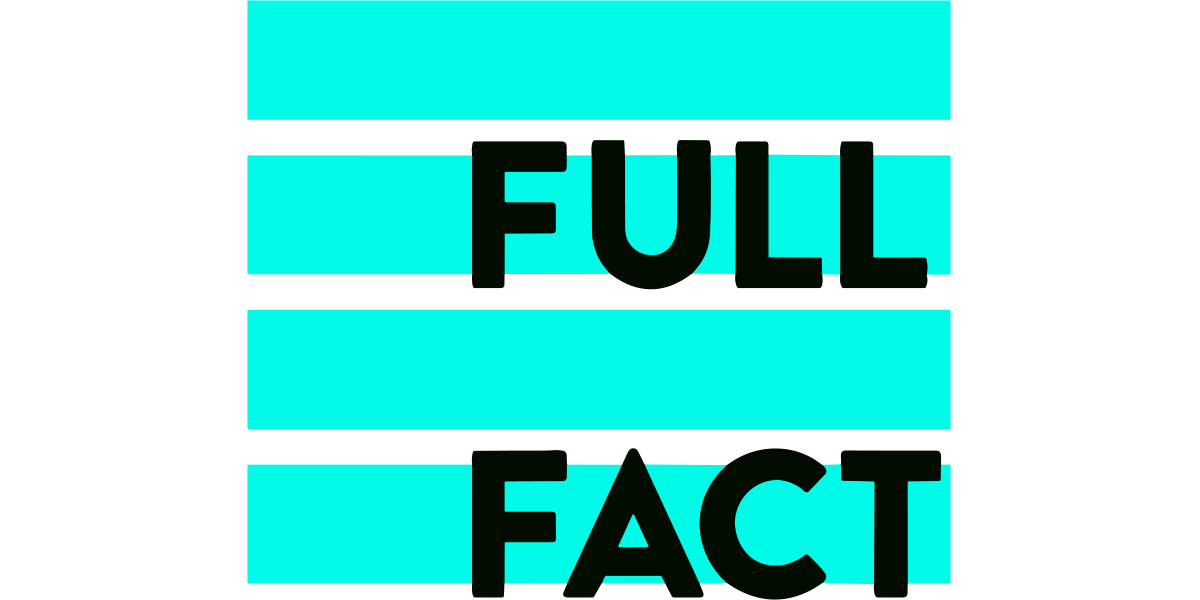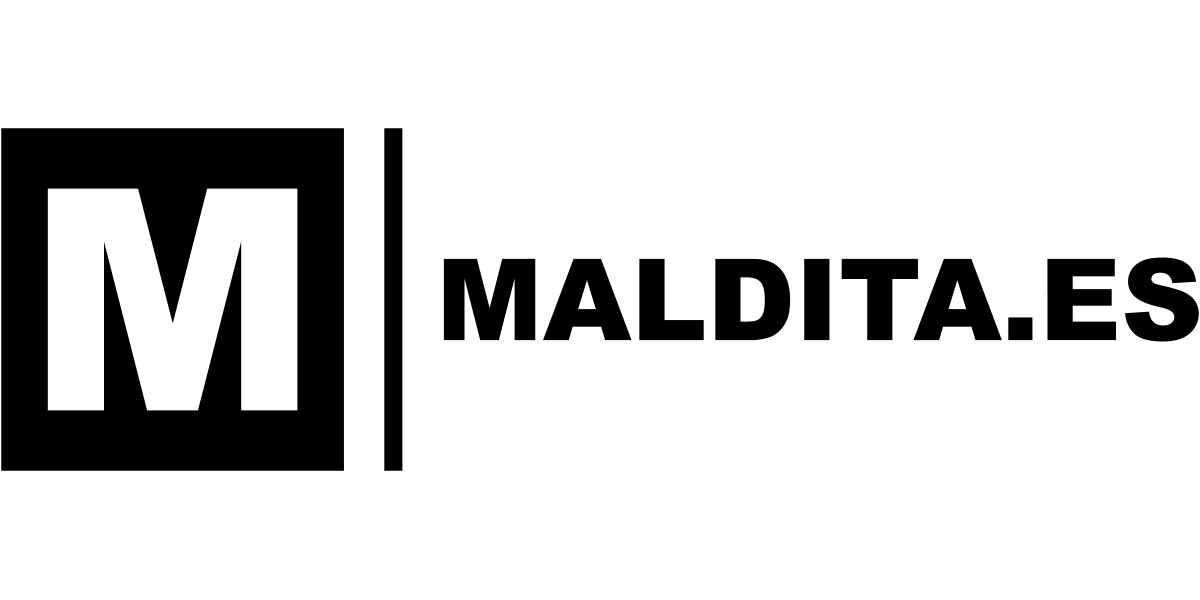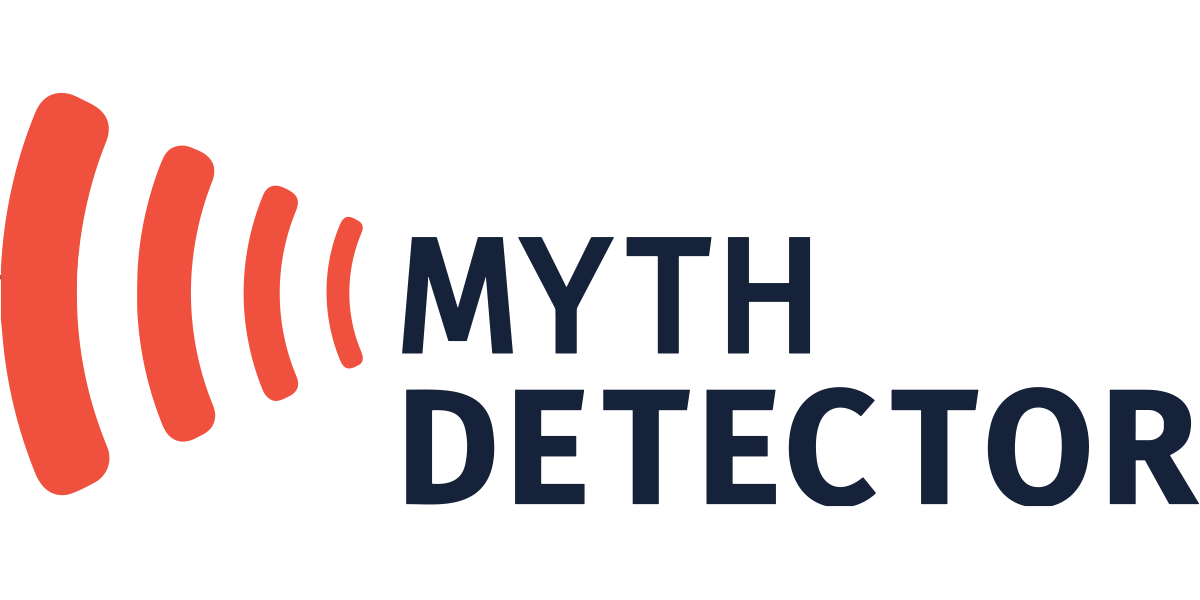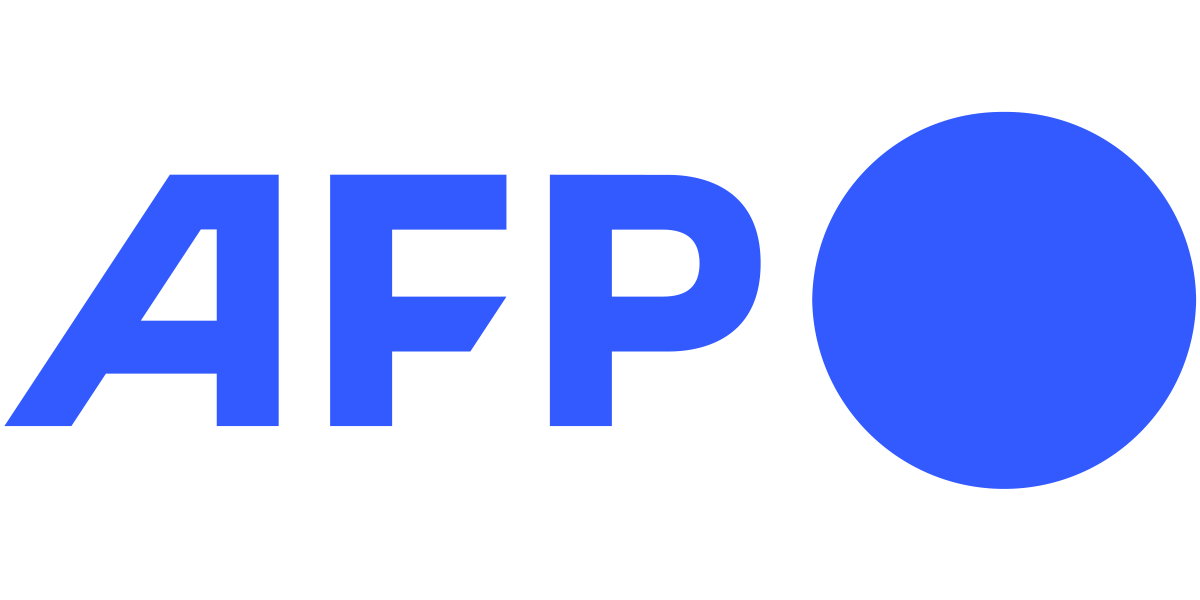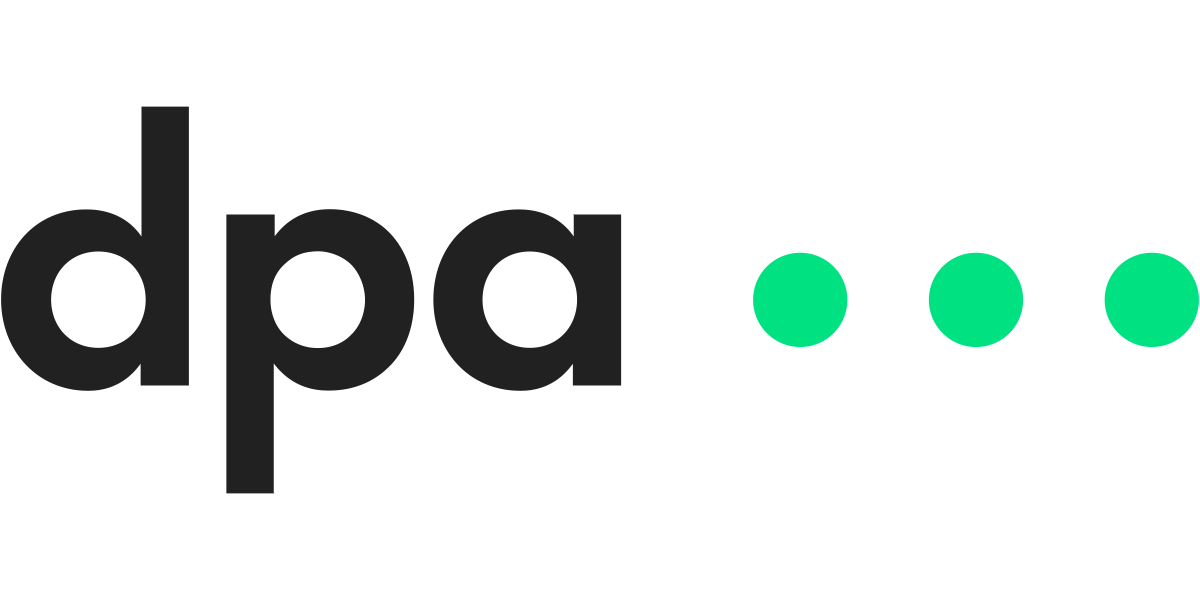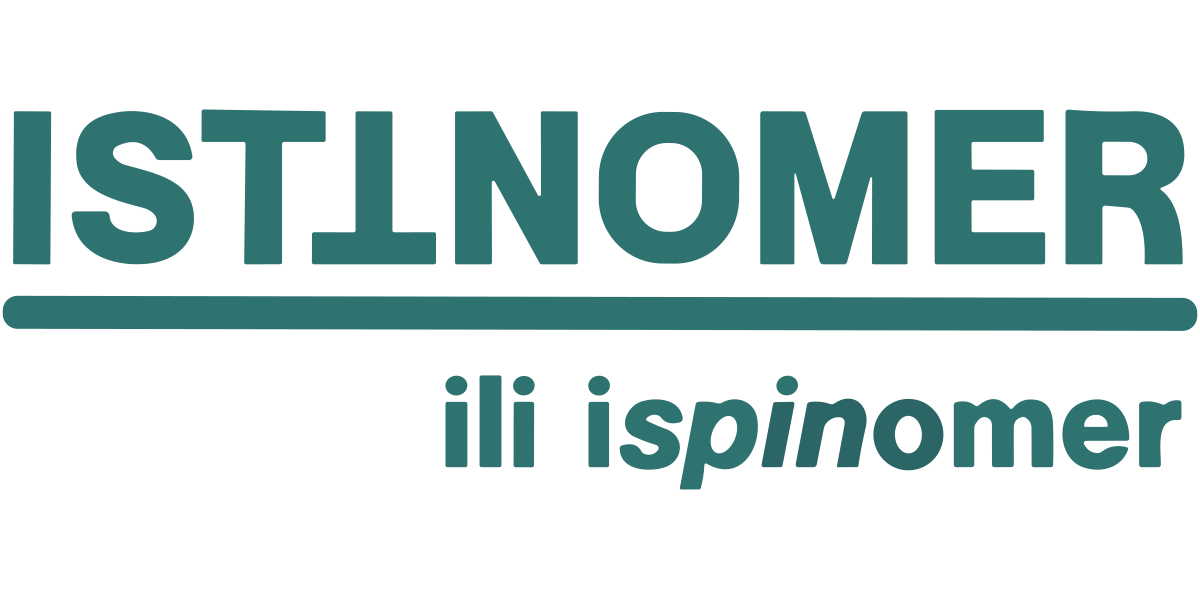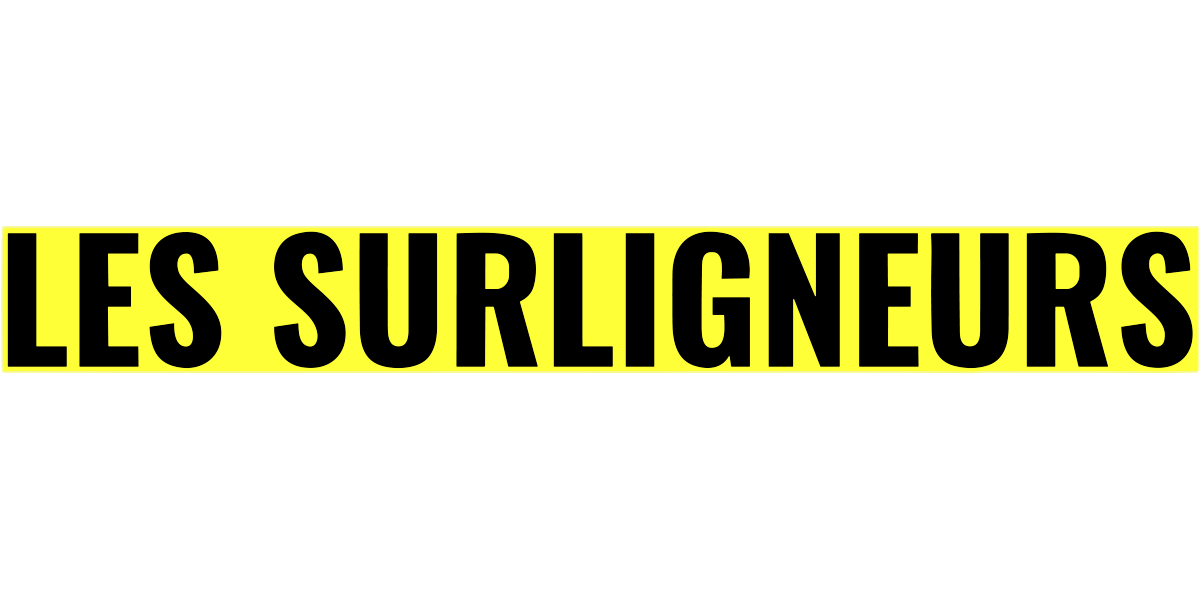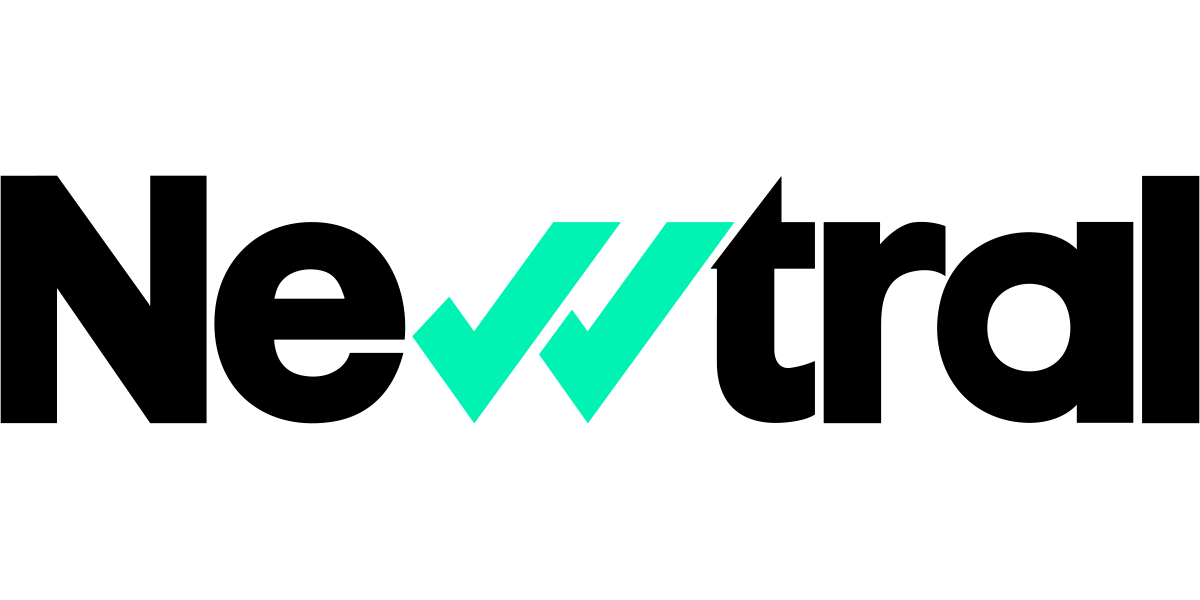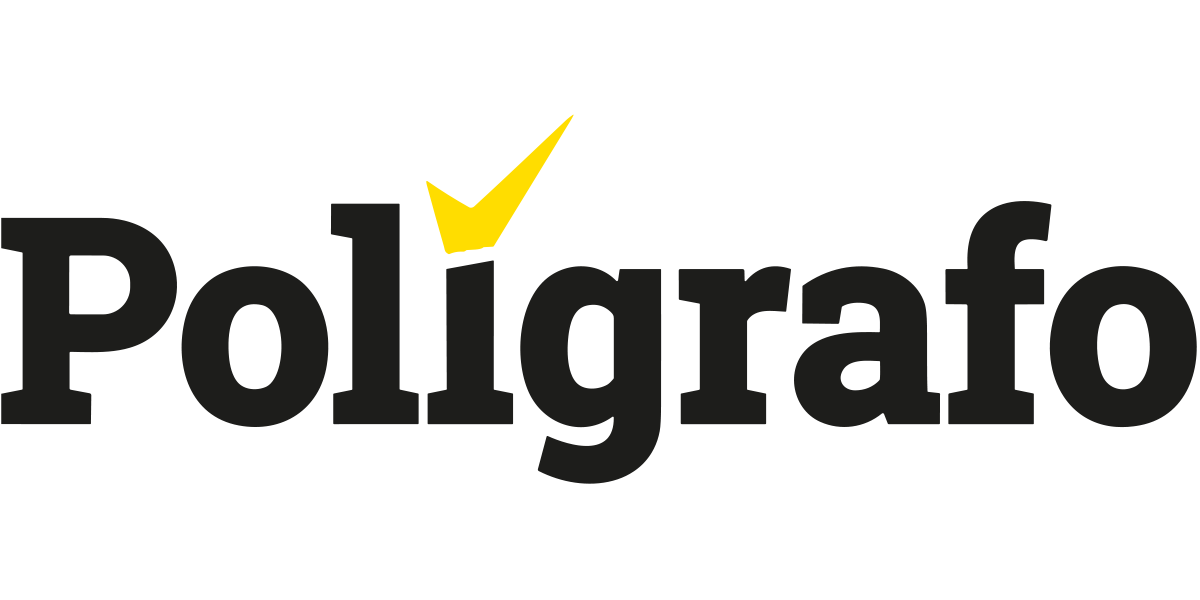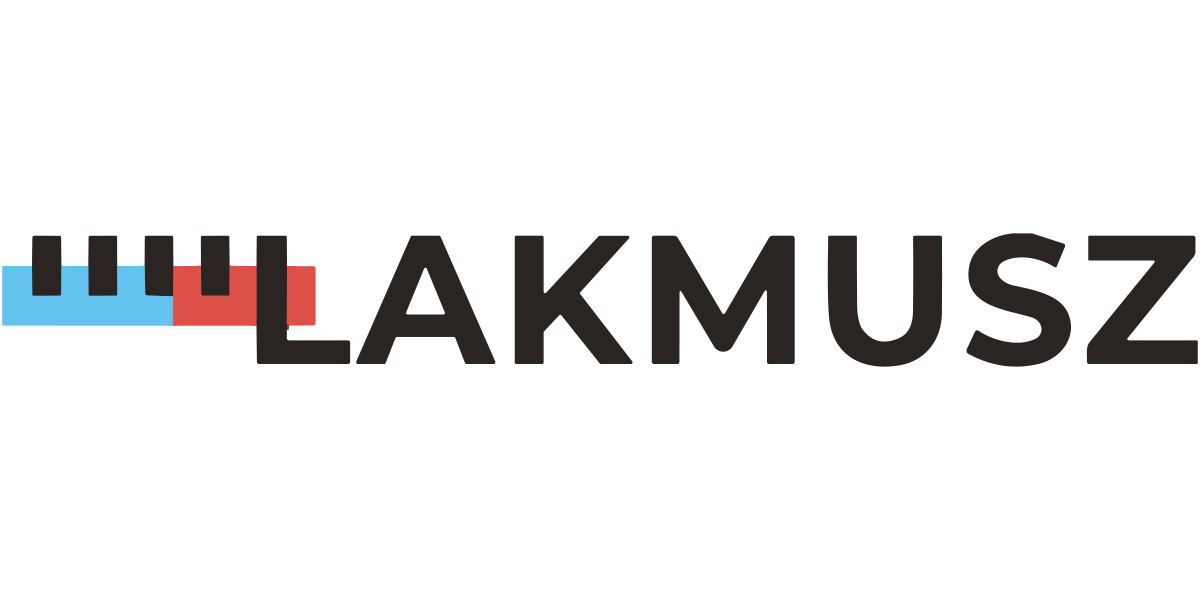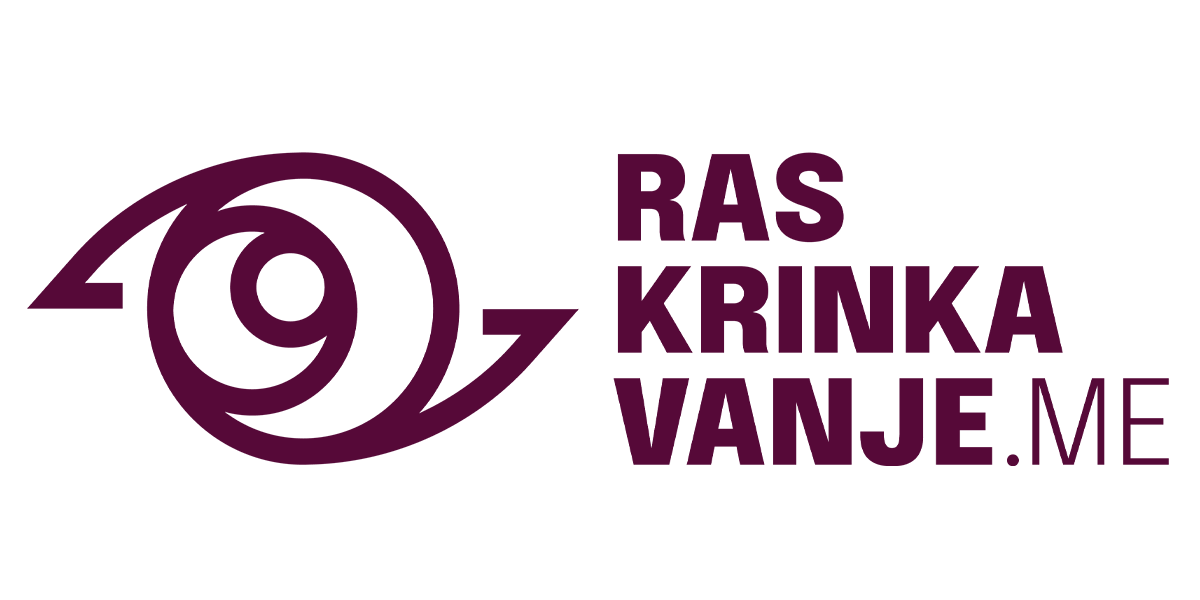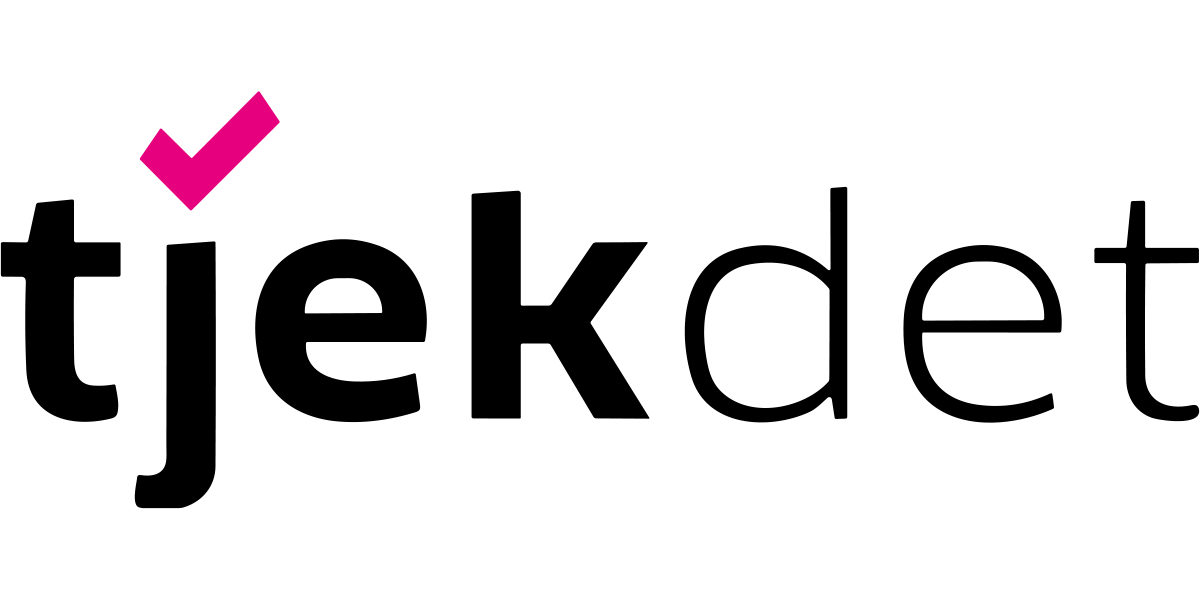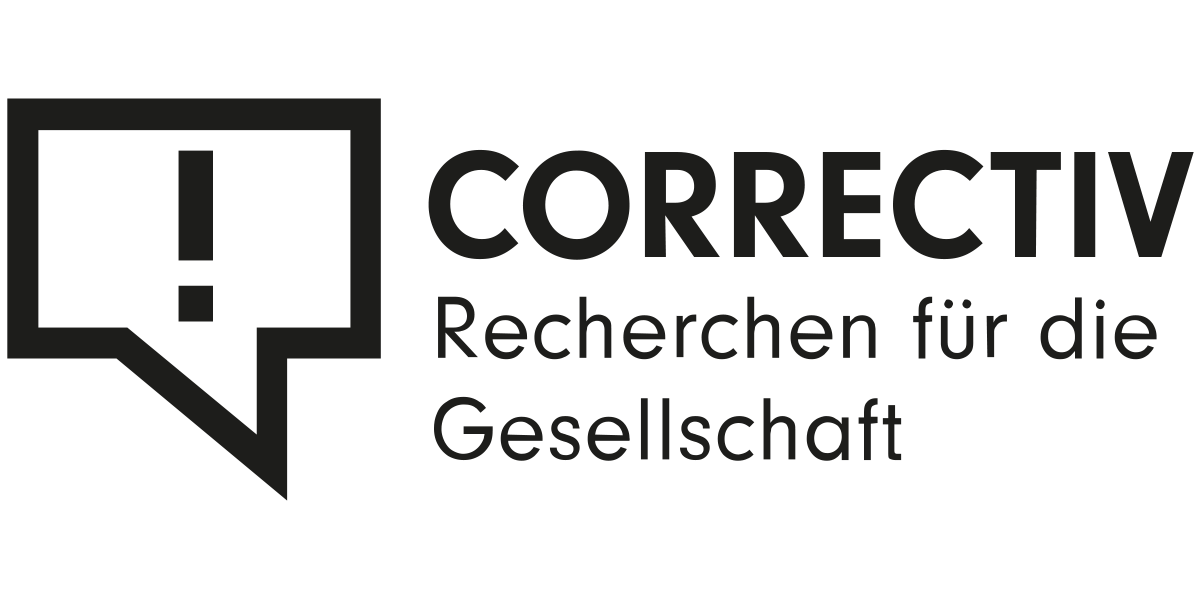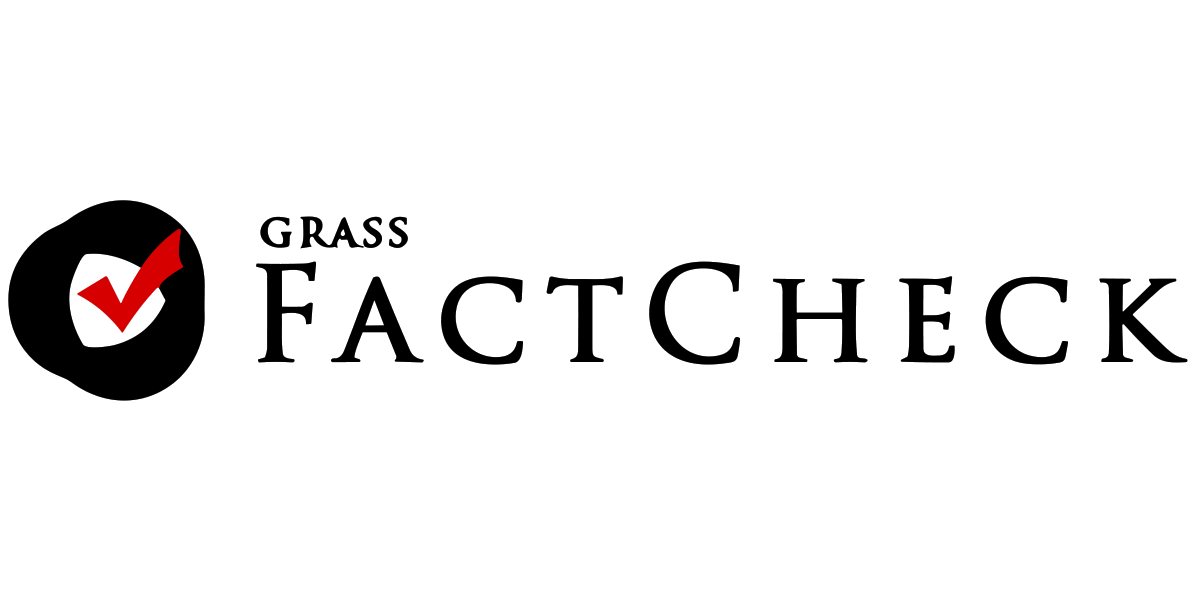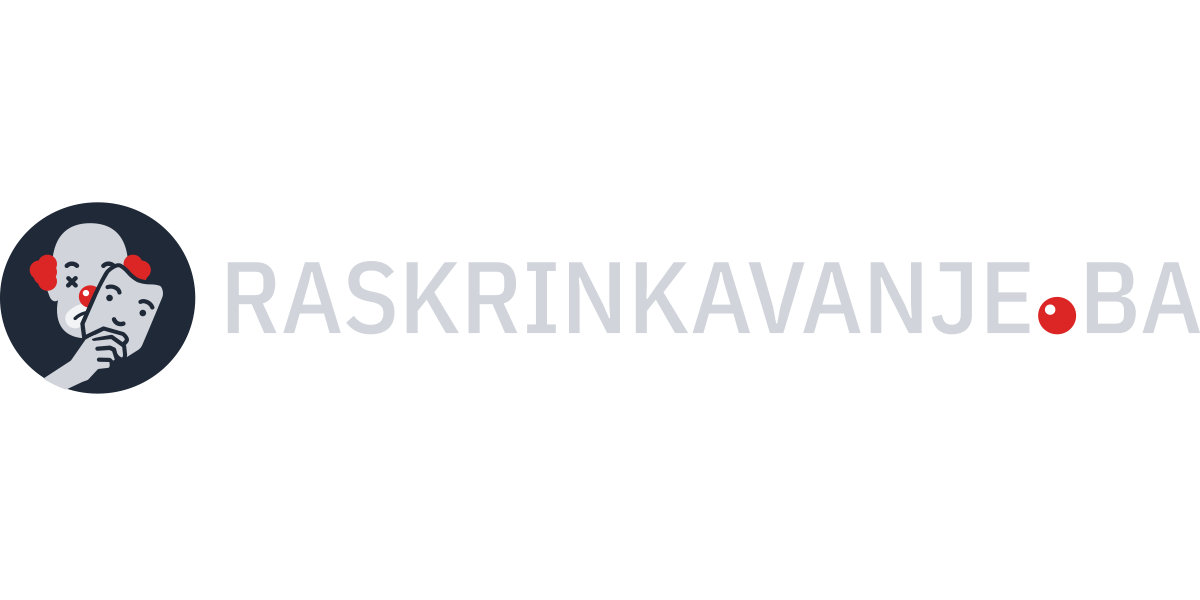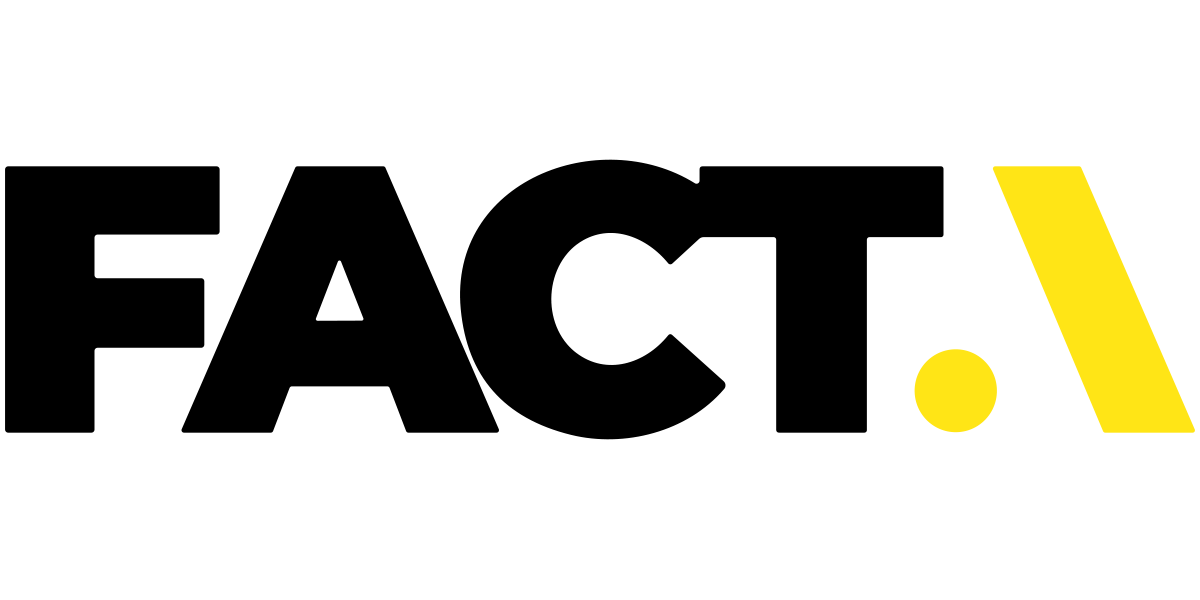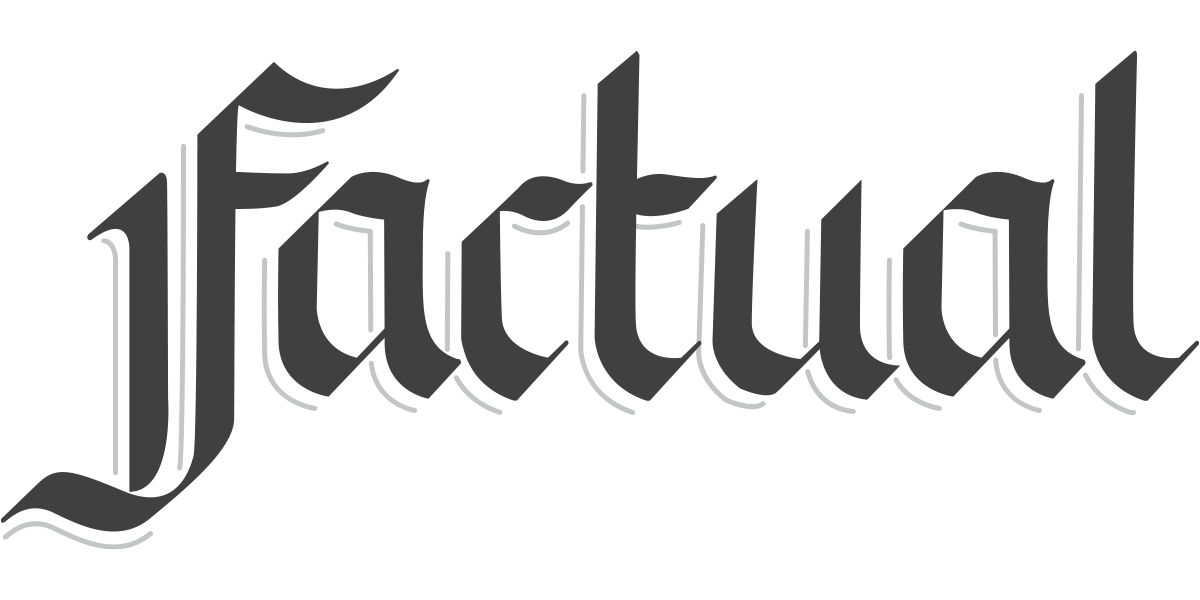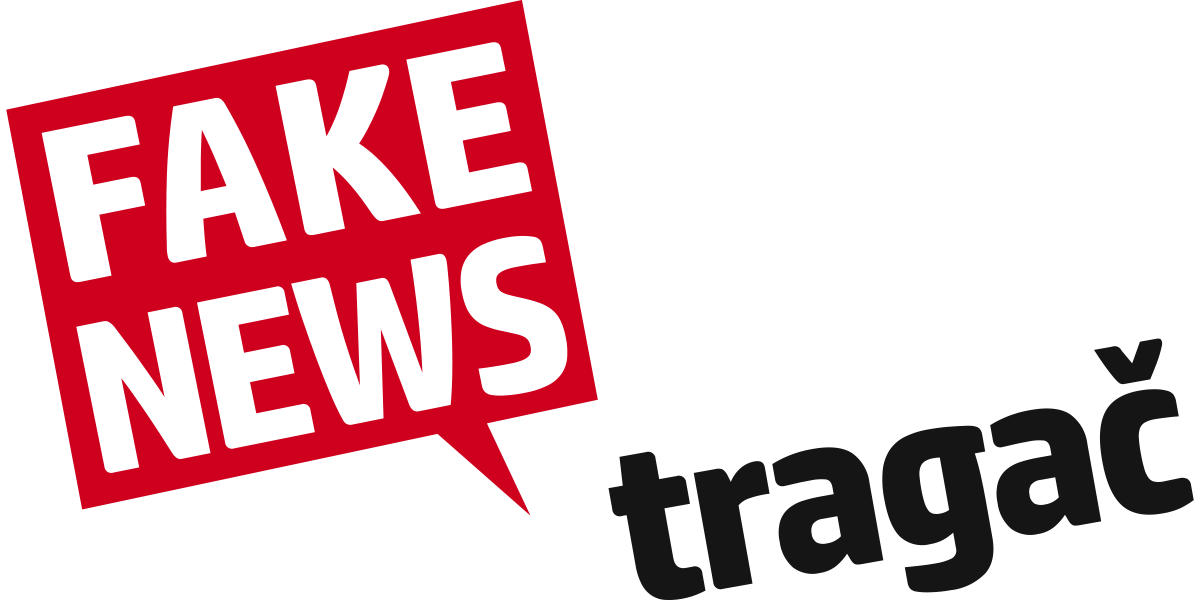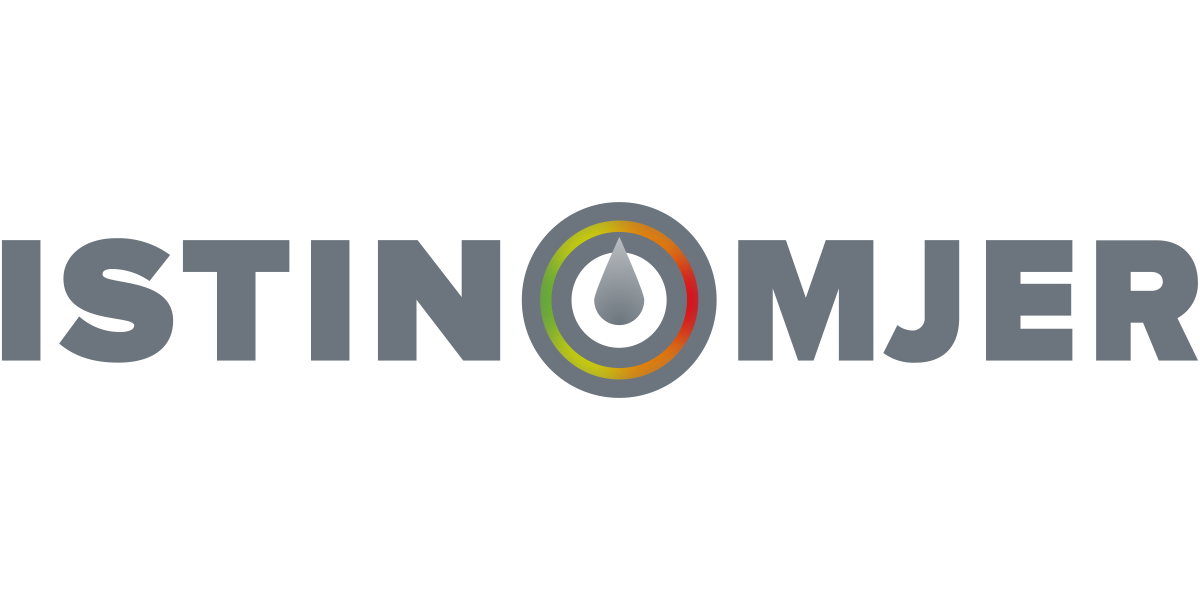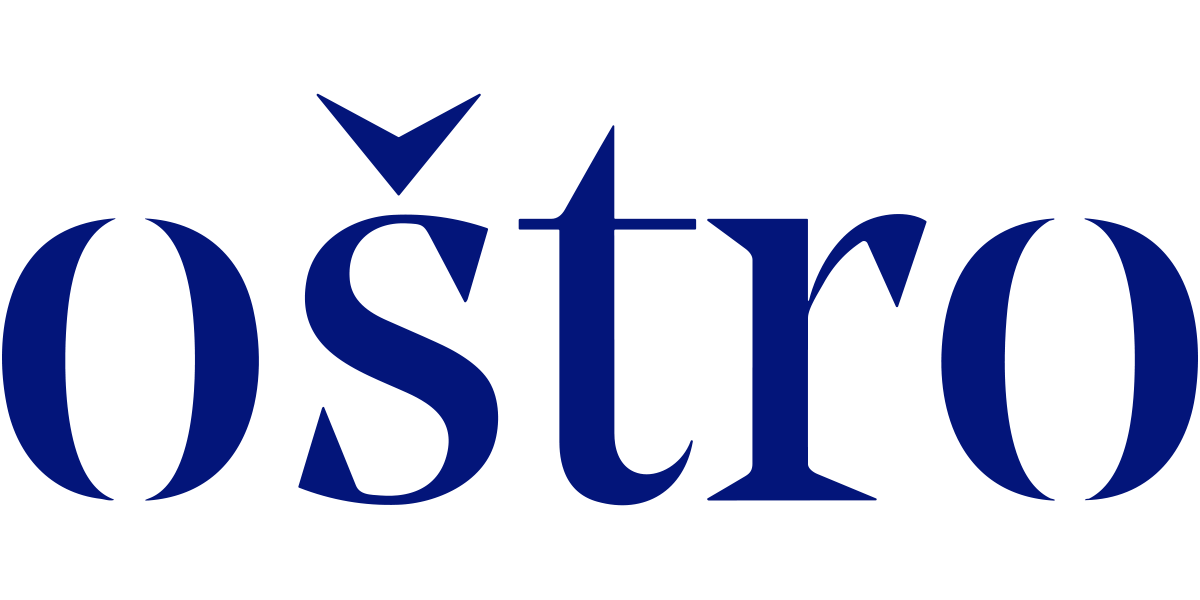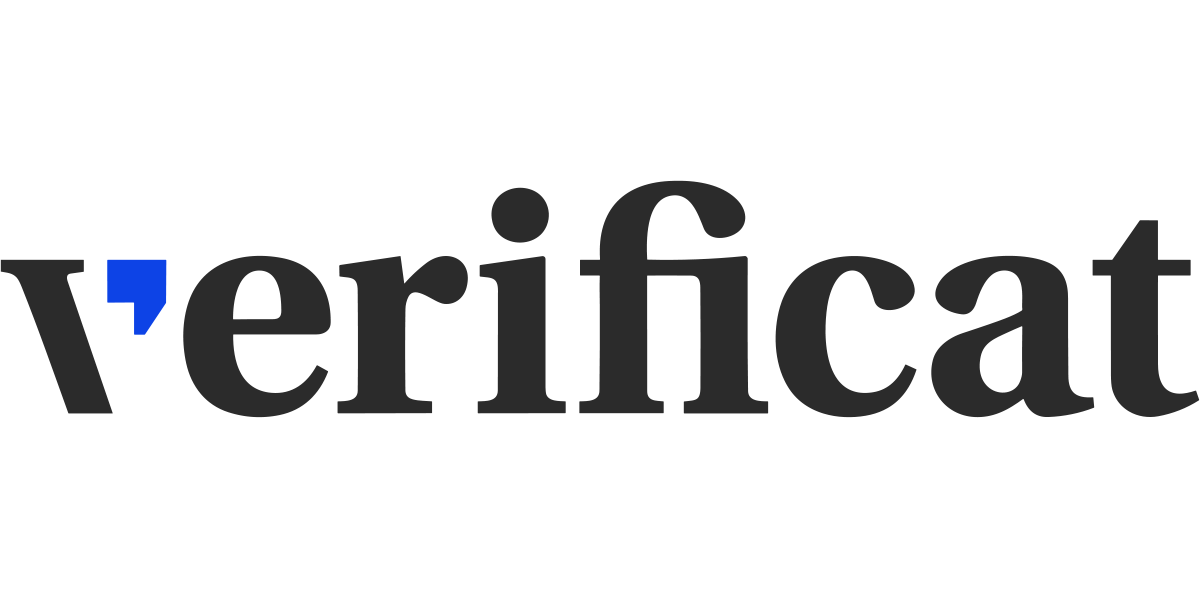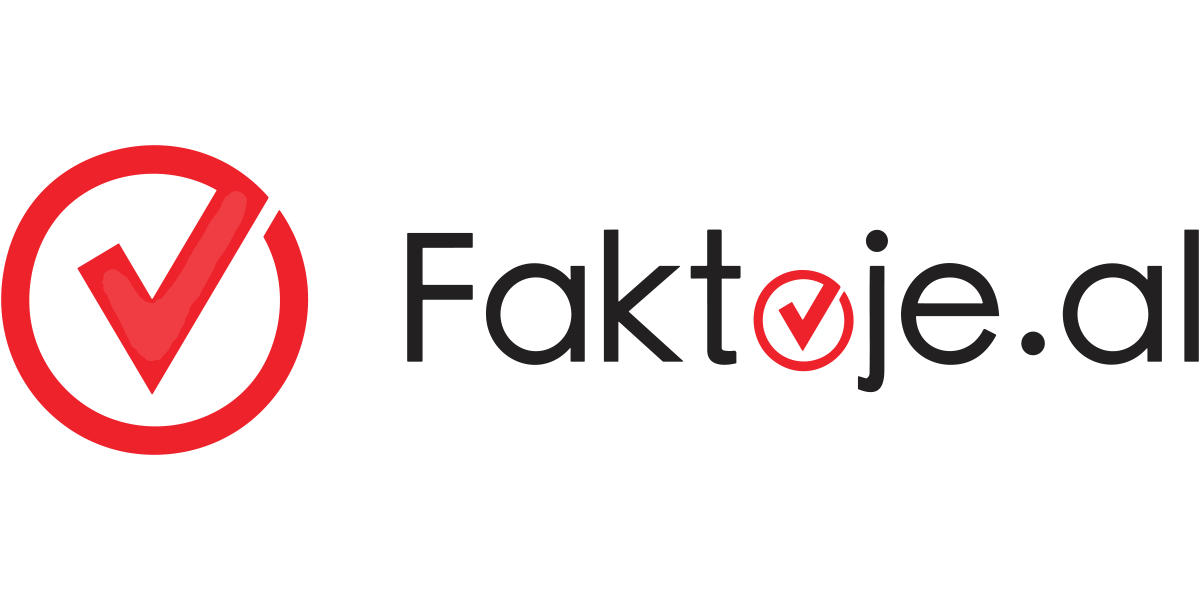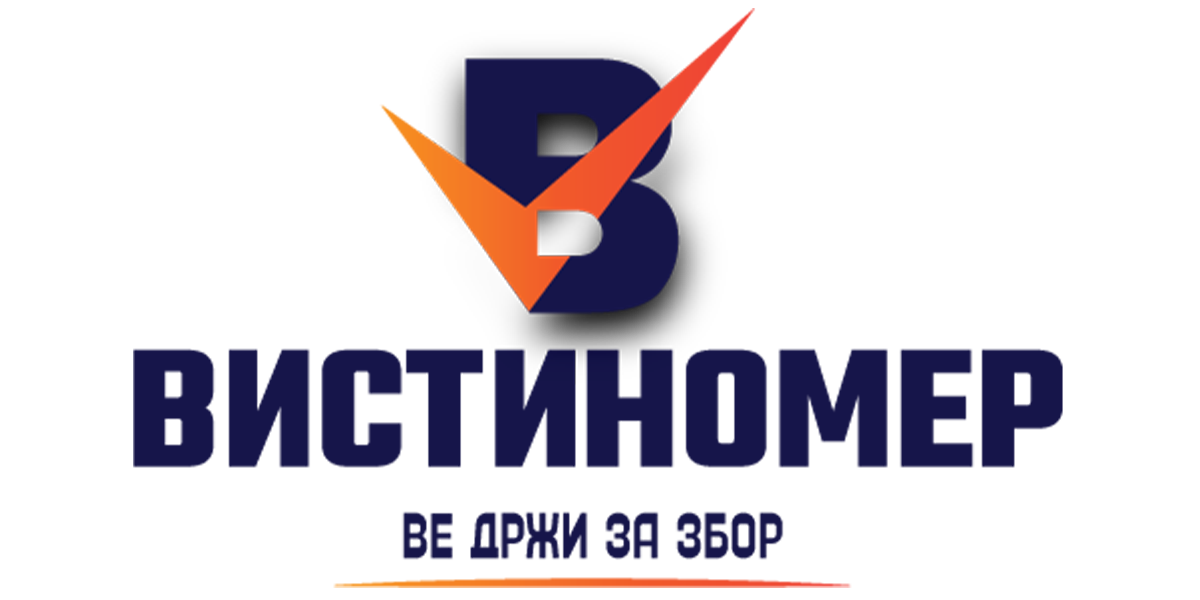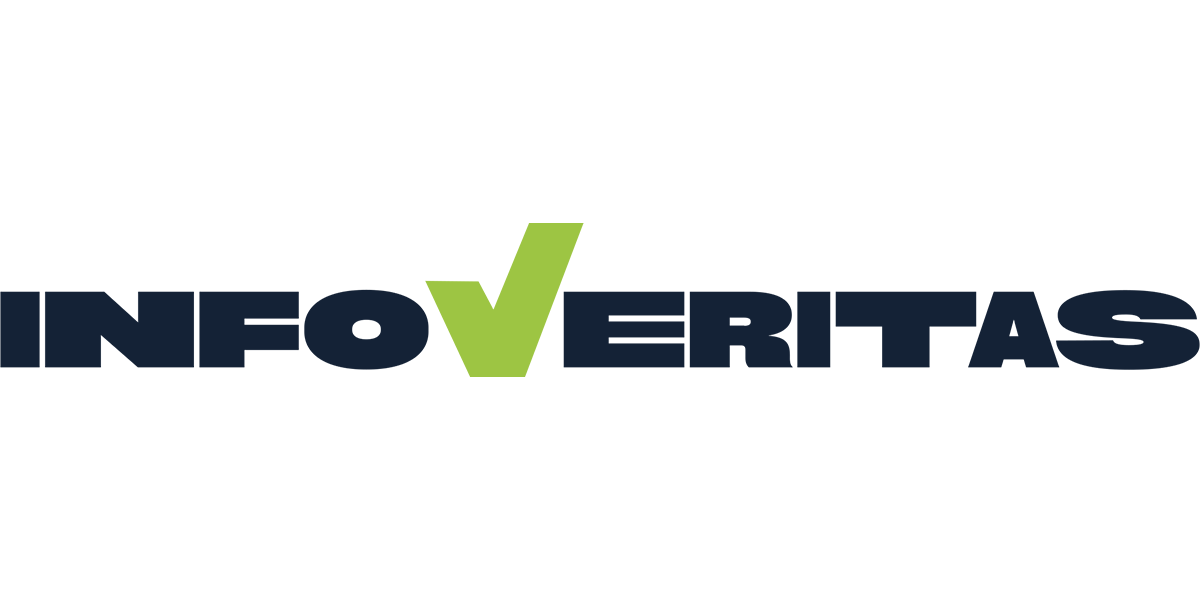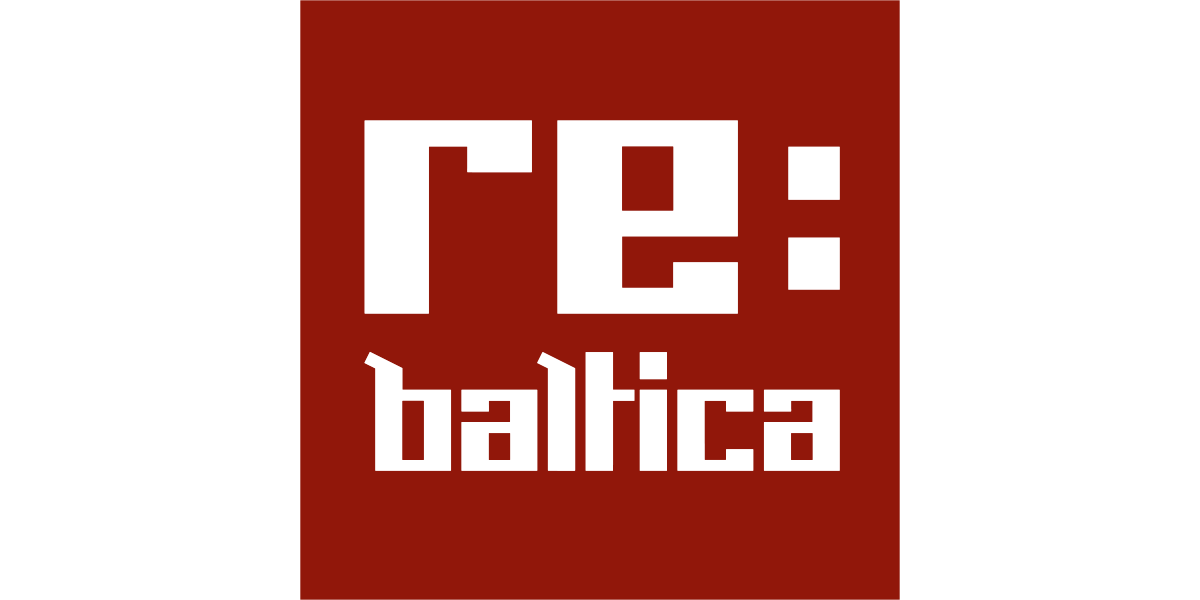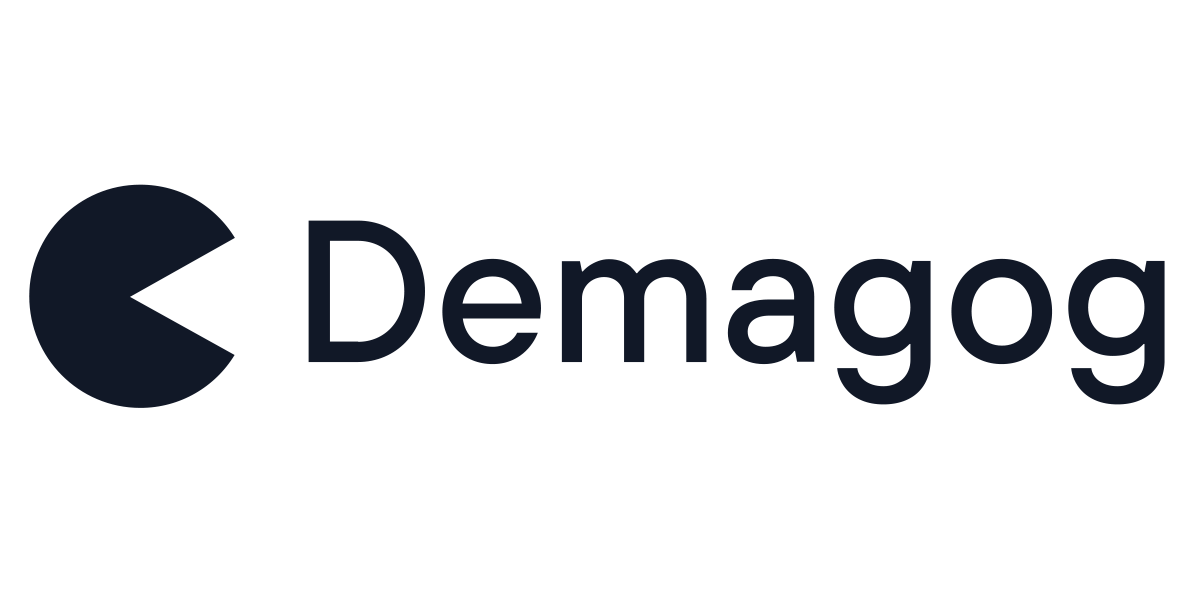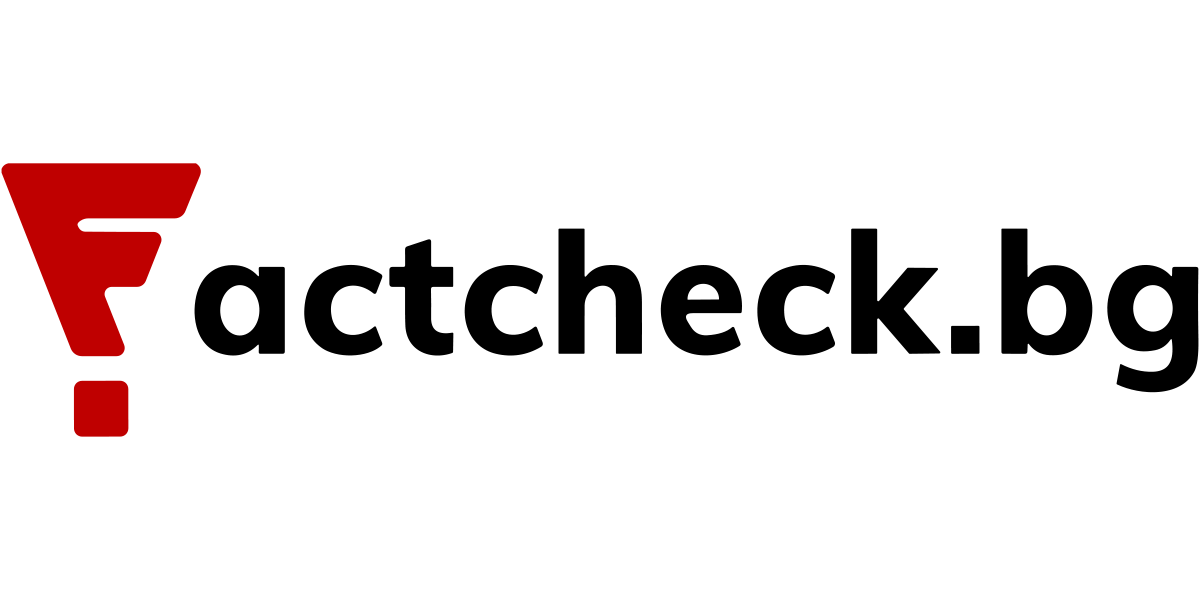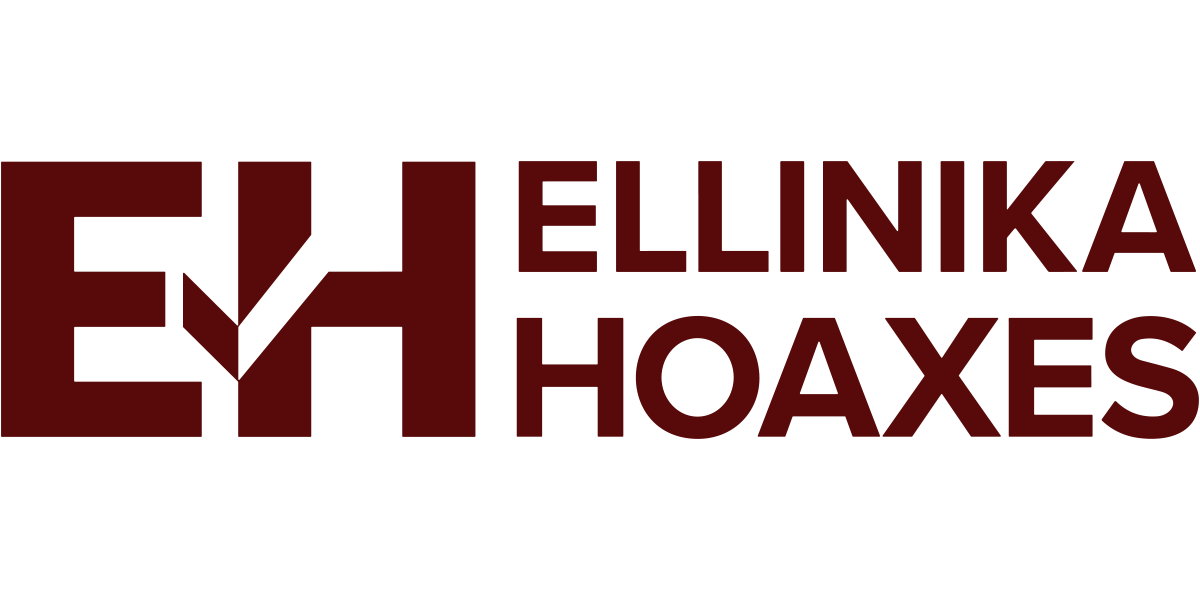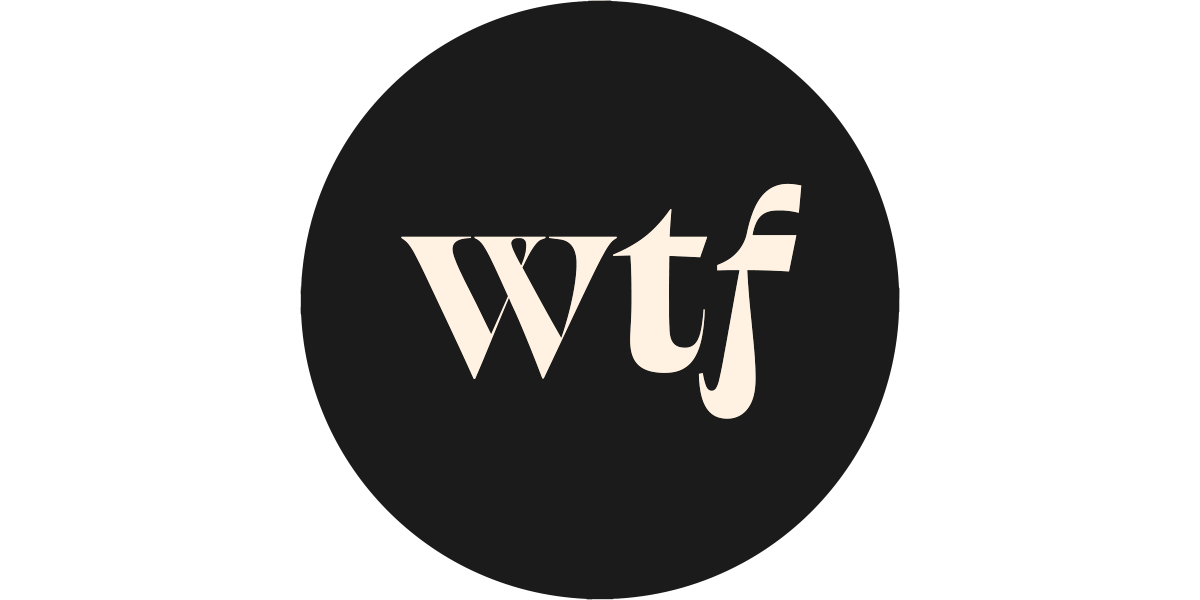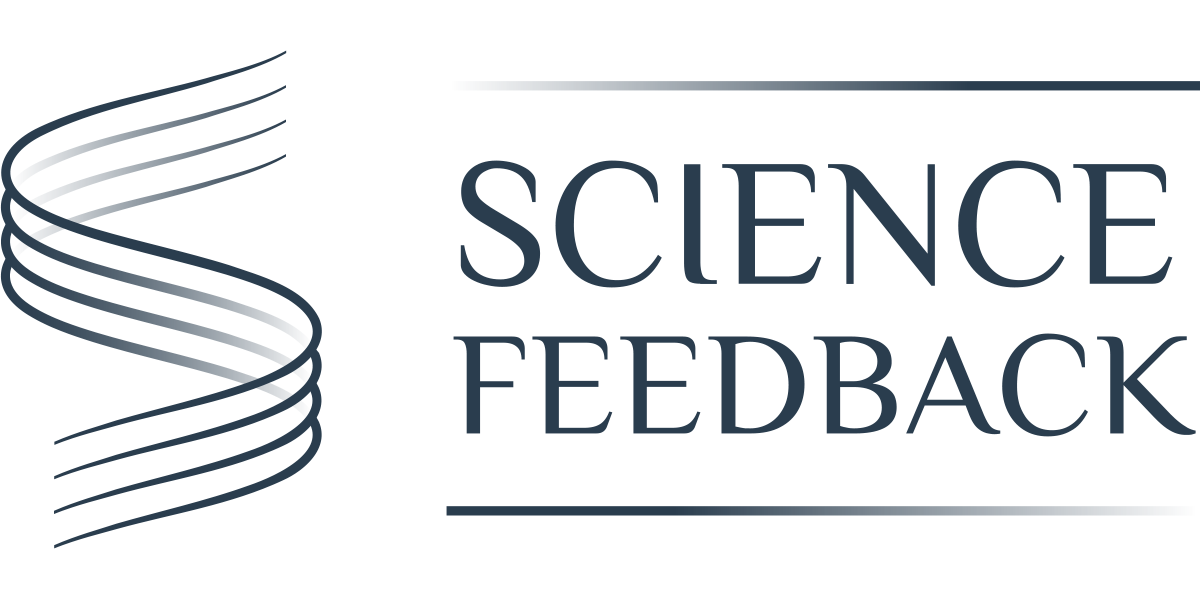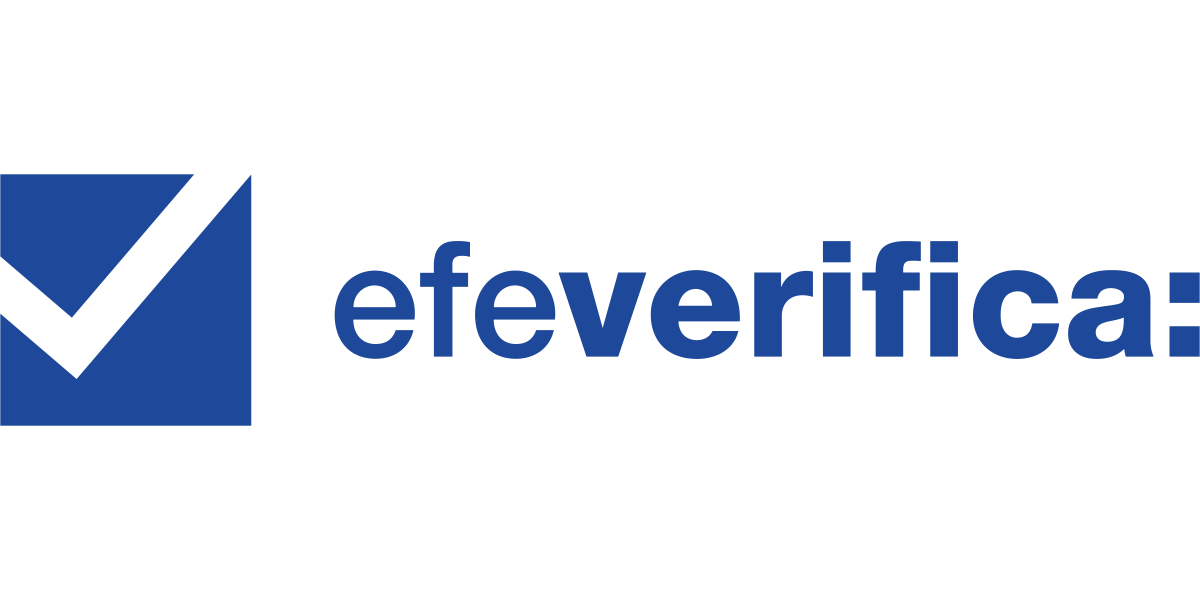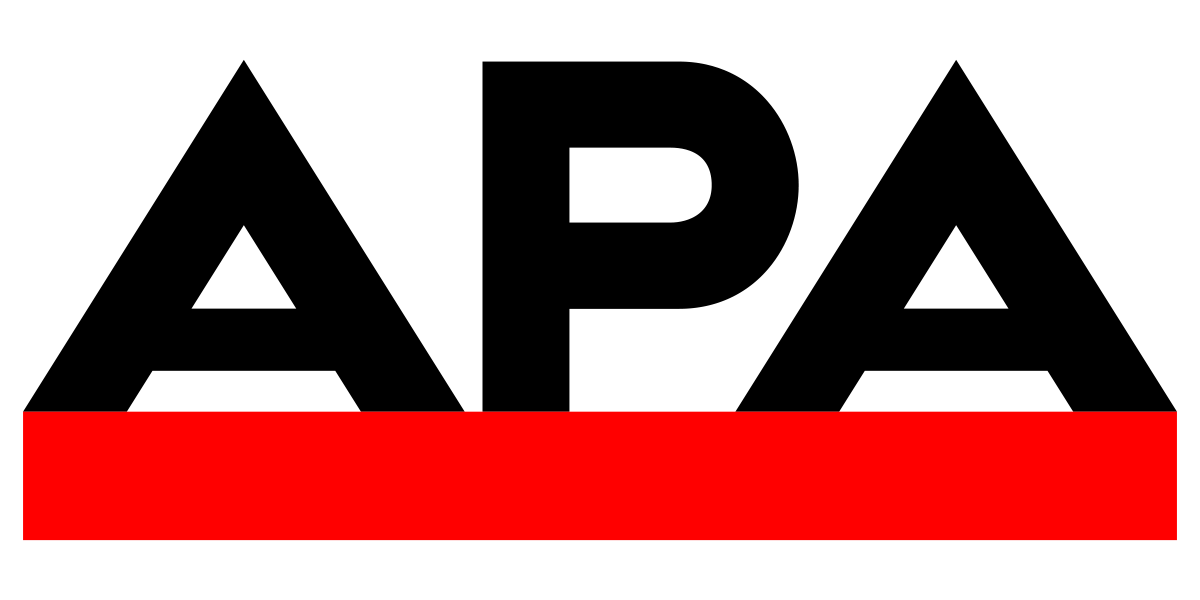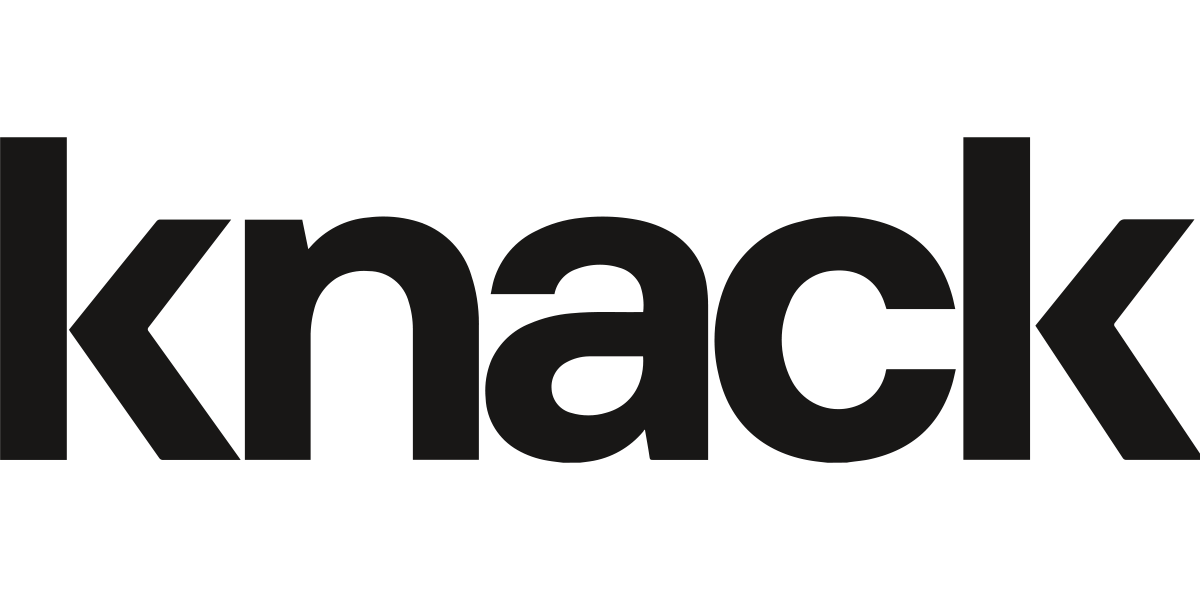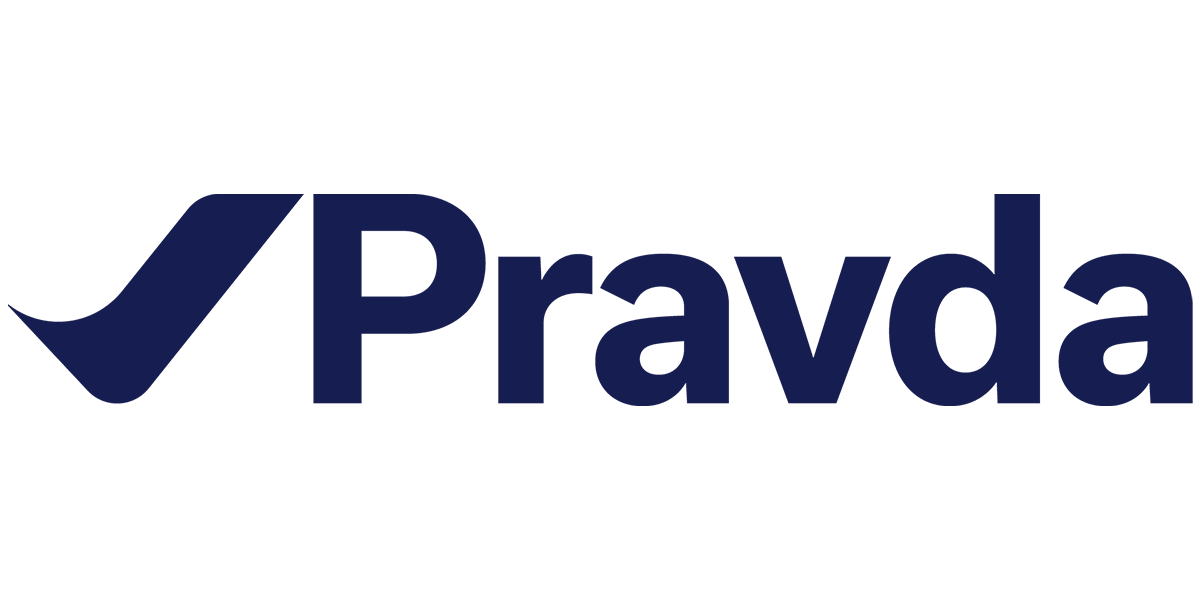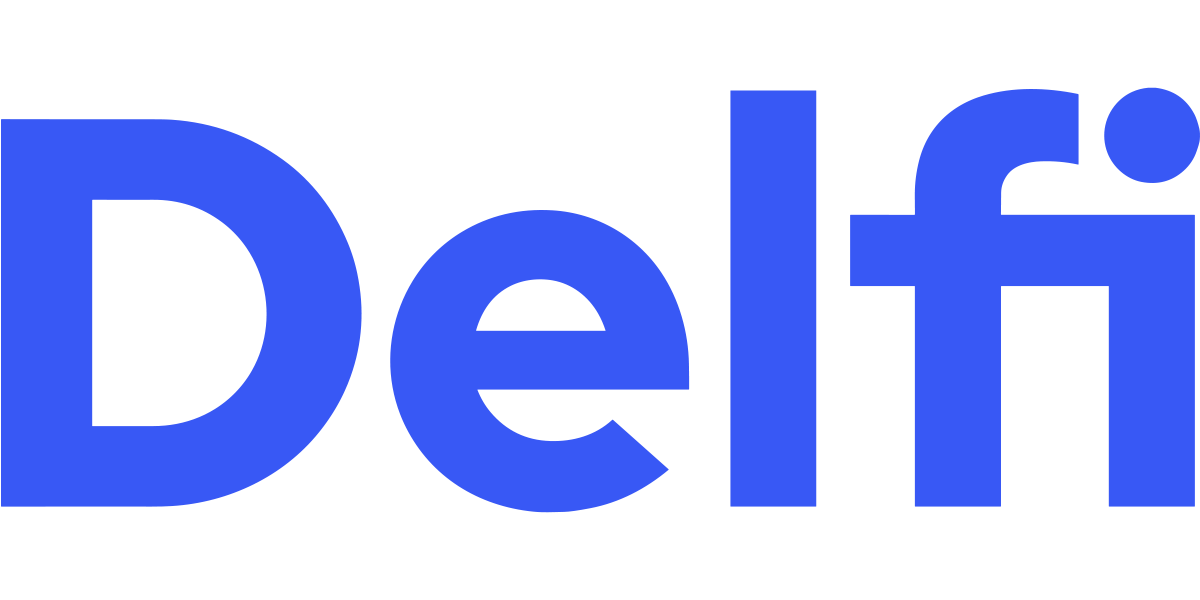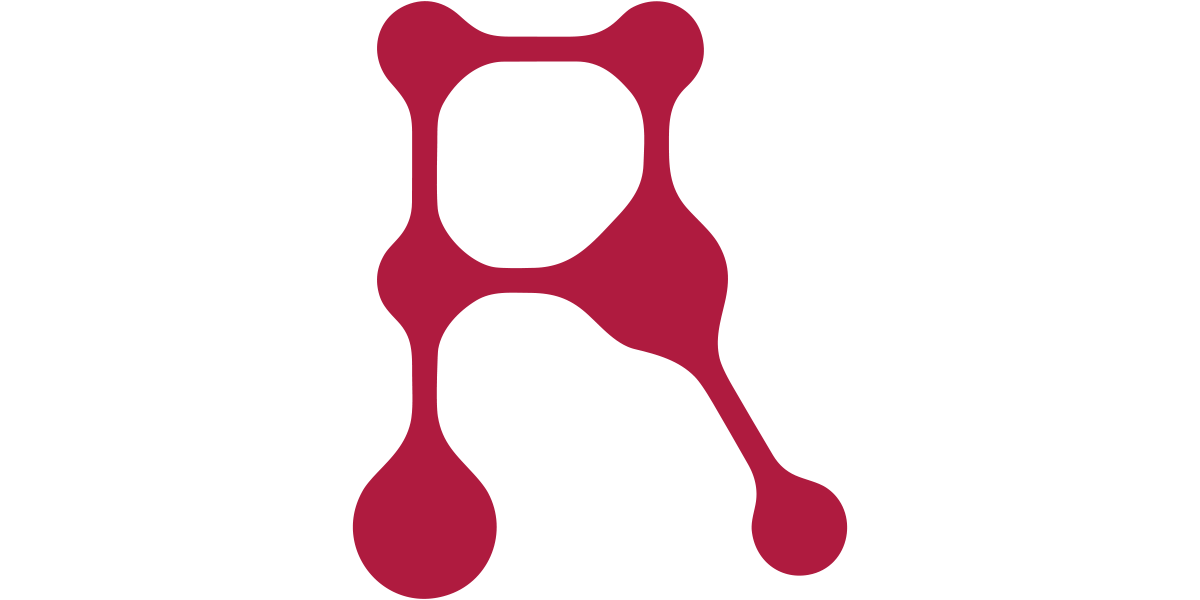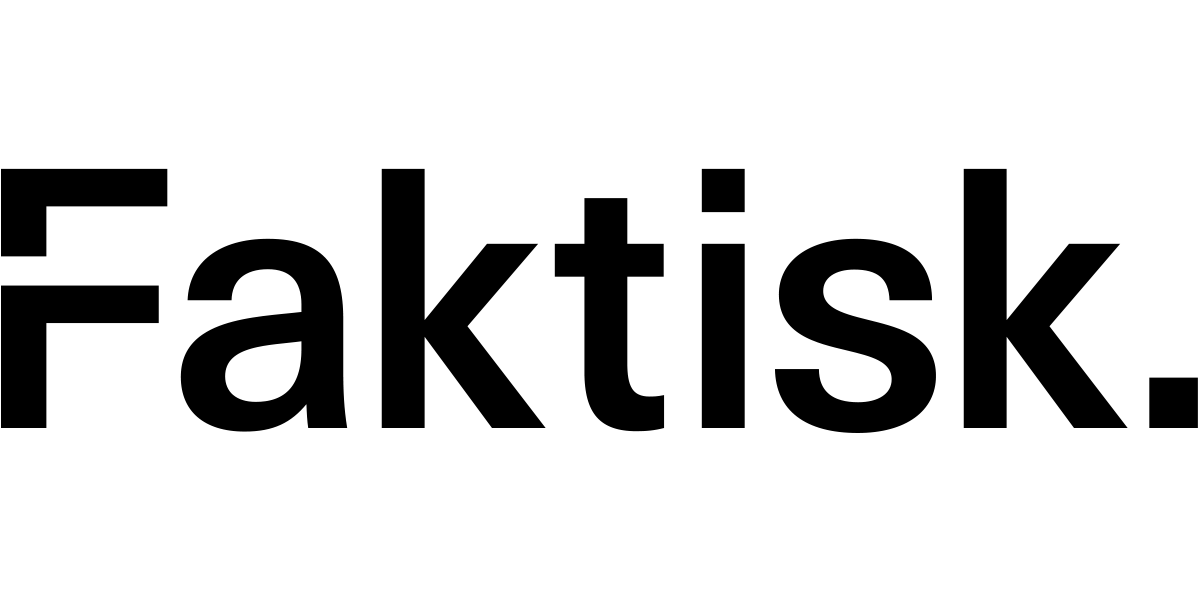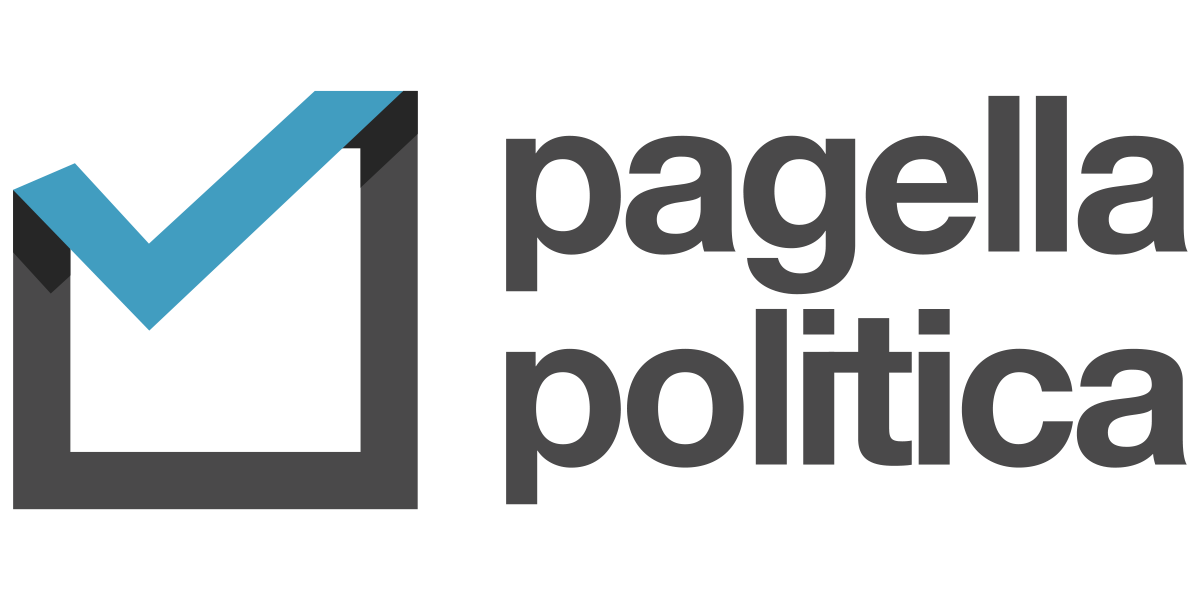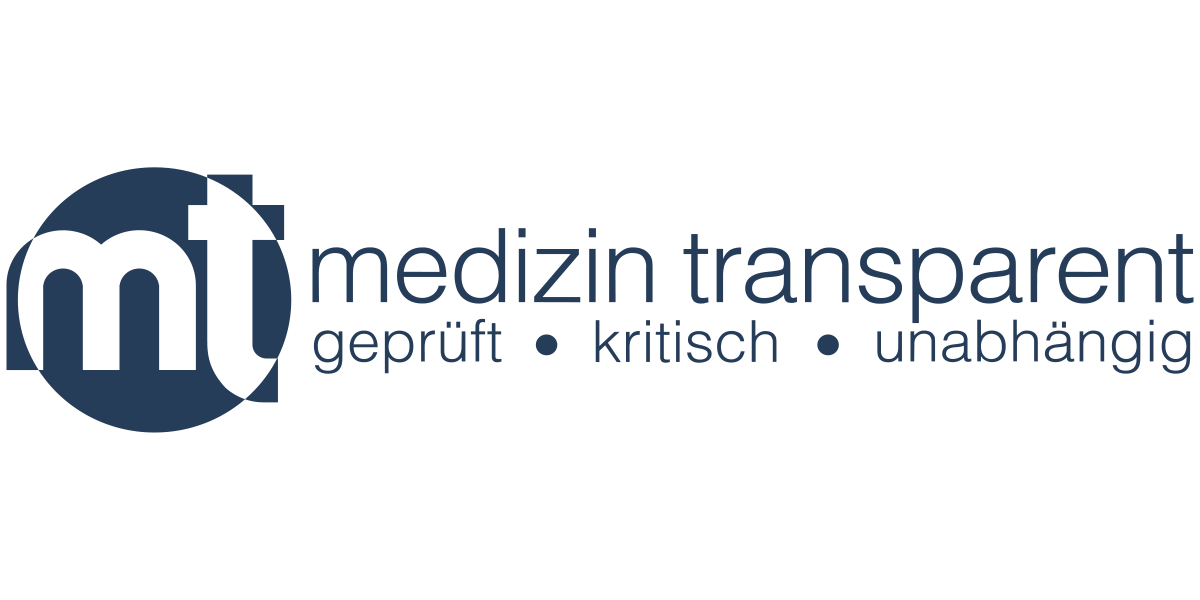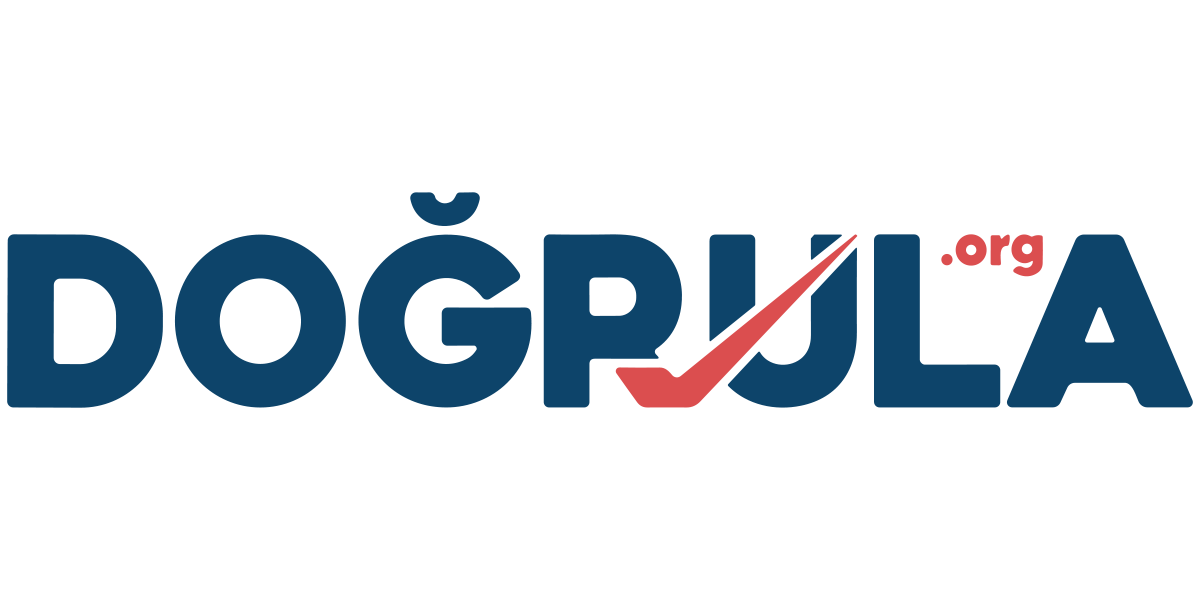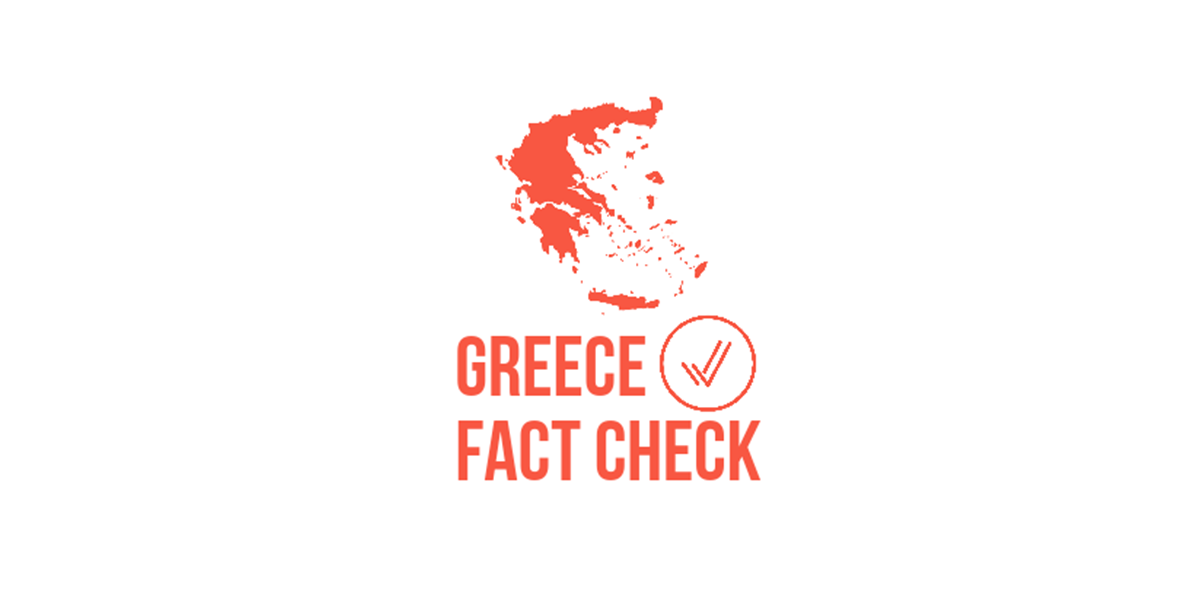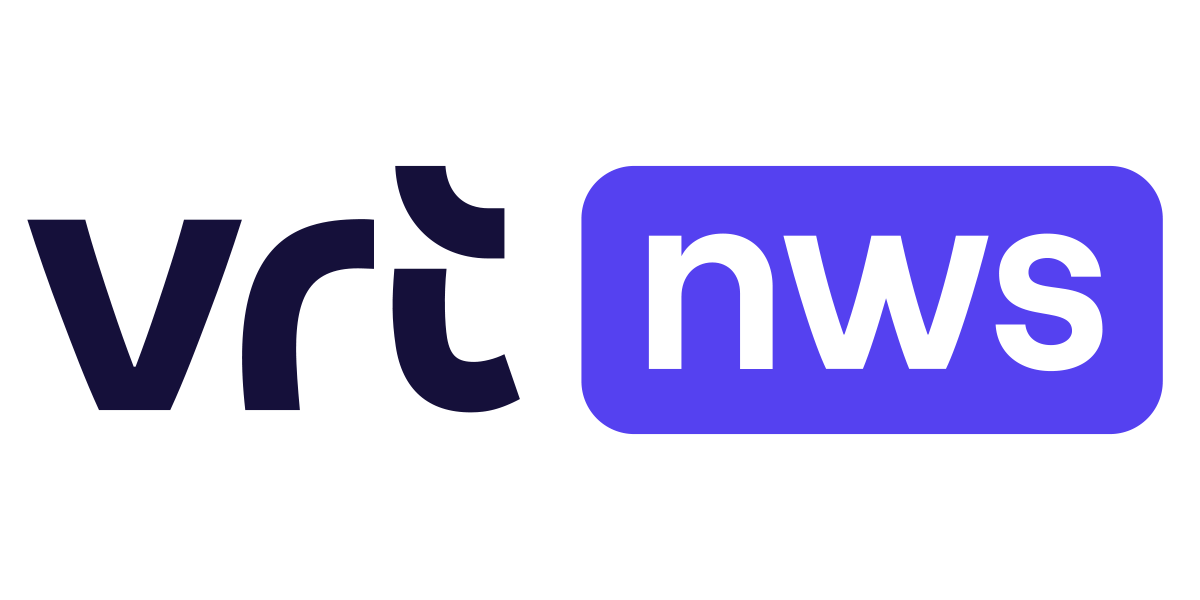The EFCSN is the voice of European fact-checkers who uphold and promote the highest standards of fact-checking and media literacy in their effort to combat misinformation for the public benefit. The EFCSN and its verified members are committed to upholding the principles of freedom of expression. They work to promote the public’s access to fact-checked trustworthy data and information and to educate the public in how to assess the veracity of information in the public sphere.
News
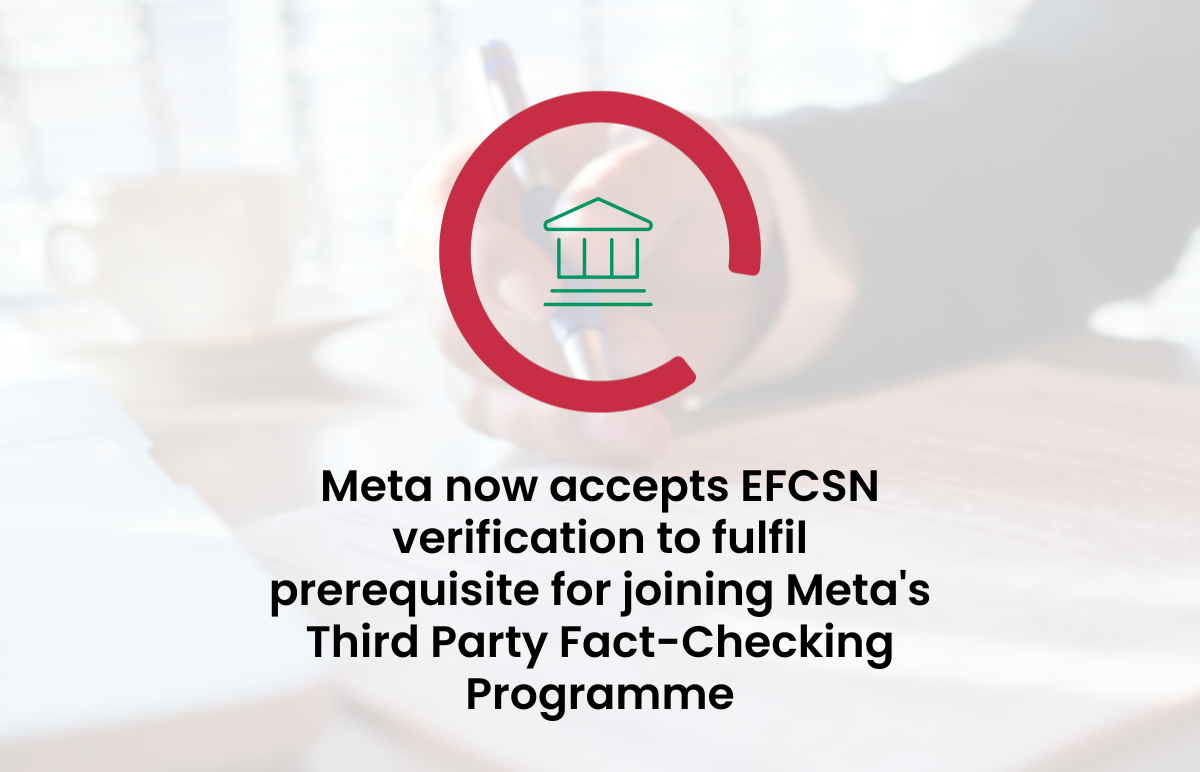
Meta now accepts EFCSN verification to fulfil prerequisite for joining Meta’s Third Party Fact-Checking Programme
Frequently asked questions
What is the EFCSN?
The European Fact-Checking Standards Network (EFCSN) is an association of fact-checking organisations who commit to the standards of independence, transparency, and journalistic quality outlined in the European Code of Standards for Independent Fact-Checking Organisations.
The Code was written collaboratively in 2022 by more than 45 fact-checking organisations from over 30 European countries.
What does the EFCSN do?
The EFCSN exists to uphold and promote the highest standards of fact-checking, as well as build professional, long-lasting links among the community of independent European fact-checkers.
As a representative voice of Europe’s independent fact-checkers, we also seek to use our collective power to hold governments, internet companies, and others accountable and make their actions against misinformation more transparent, proportionate, and effective.
Who is eligible to join the EFCSN?
We are open to fact-checking organisations, or fact-checking units within larger parent organisations, who meet the following criteria:
- They are set up primarily for the purpose of fact-checking
- They focus on one (or more) European countries
- They concentrate on debunking claims that concern the public interest
You can read more about the eligibility criteria in Article 5.2 of the Code.
Why should my fact-checking organisation join the EFCSN?
Being a member of the EFCSN comes with numerous benefits. It offers access to a close-knit community where members can exchange knowledge, research, trends and other insights, as well as find opportunities to collaborate. The EFCSN also organises regular training and mentorship opportunities for its members, an annual conference and various forms of support for those facing harassment and other threats. Members can also participate in various projects from the EFCSN, which occasionally include funding for fact-checking work.
In addition, joining the EFCSN is a way to make your voice heard; the network represents its fact-checking members in European policy discussions, as well as in negotiations with online platforms and other actors. Through these discussions we push for changes to make the fight against misinformation more effective, and to ensure that fact-checkers are properly remunerated for their work.
Finally, members who bear the EFCSN badge on their websites are sending a clear signal to the public that their organisation is trustworthy, ethical and transparent in its fact-checking work.
How can I join?
Organisations looking to join the EFCSN need to undergo an assessment to verify their compliance with the Code of Standards. This involves filling out an application form, as detailed here, that will be evaluated by two external assessors. The assessors will be experts in the fields of disinformation and/or journalism, as well as in the country or region in which your organisation works. The EFCSN’s Governance Body will review the assessments and make a final decision on membership.
Who is on the Governance Body and what do they do?
The Governance Body is currently composed of 11 individuals, half of whom were elected by the 45+ European fact-checking organisations who helped create the EFCSN. This body is tasked with ensuring the EFCSN achieves its mission, which includes making the final decision of the applications of new members. Future Governance Bodies will be fully elected by the members of the network.
The legislative period of the first Governance Body runs from November 2022 to November 2024.
Who funds the EFCSN?
The writing of the Code and launch of the EFCSN network was made possible through a project funded by the European Commission.
Since this project ended in December 2023, the network is funded by its membership fees and external donations. All donors and income sources will be published on our website.
Individual projects have also have additional funders. Read more about project funders on our projects page.
Do you have a newsletter? How can I sign up?
Stay up to date with EFCSN projects as well as key mis/disinformation trends and fact-checks identified and produced using the resource package tools.
